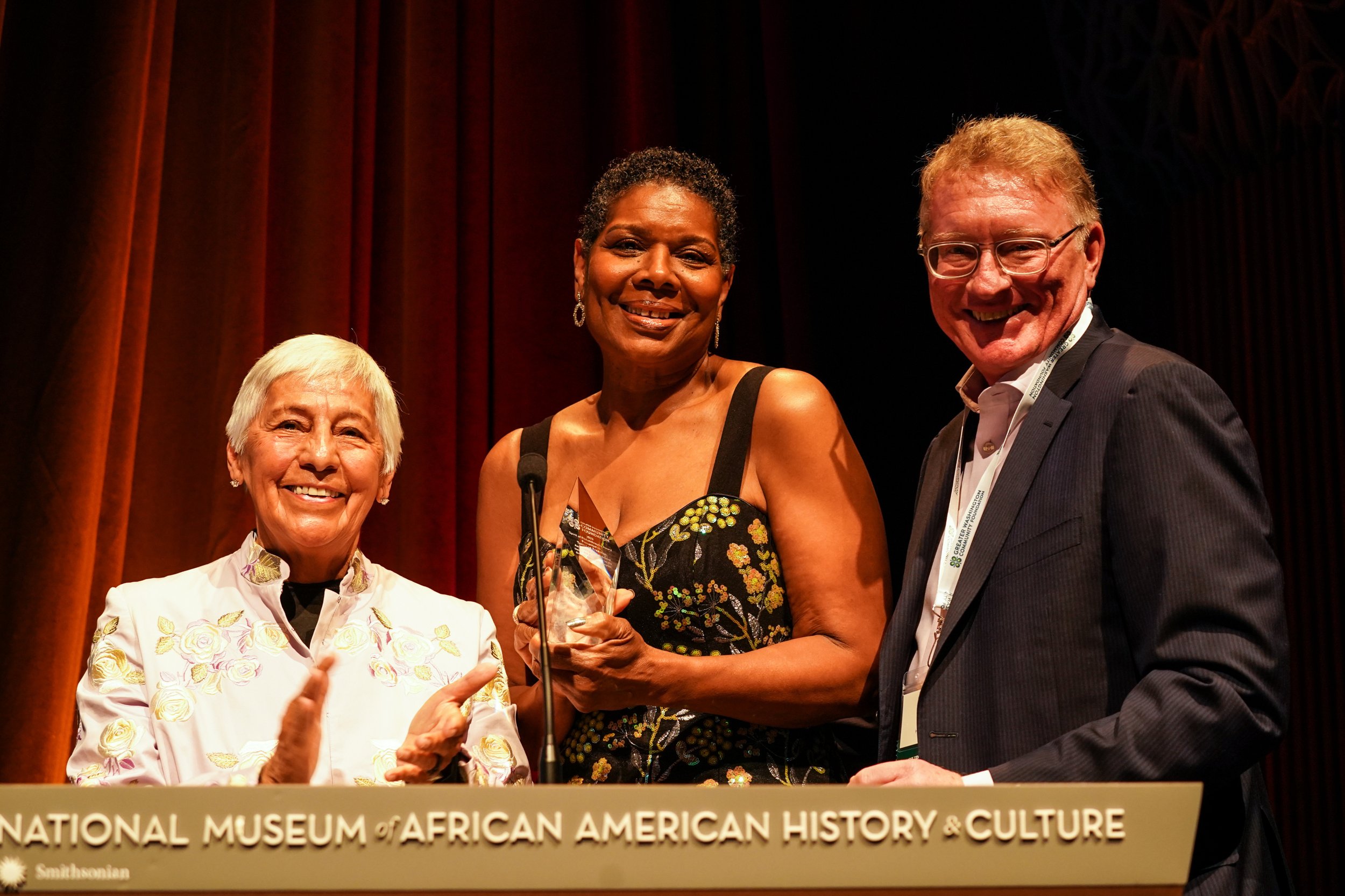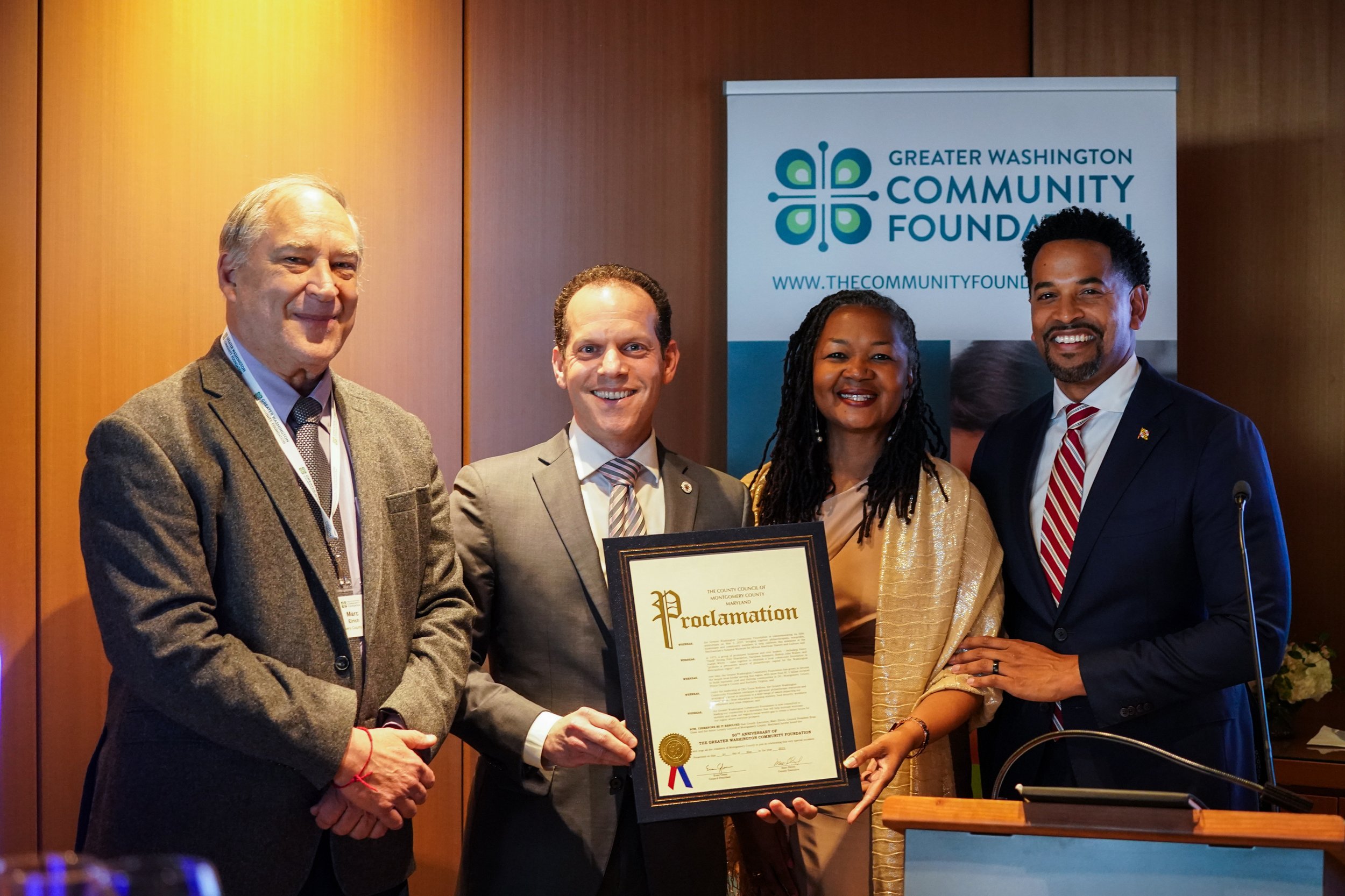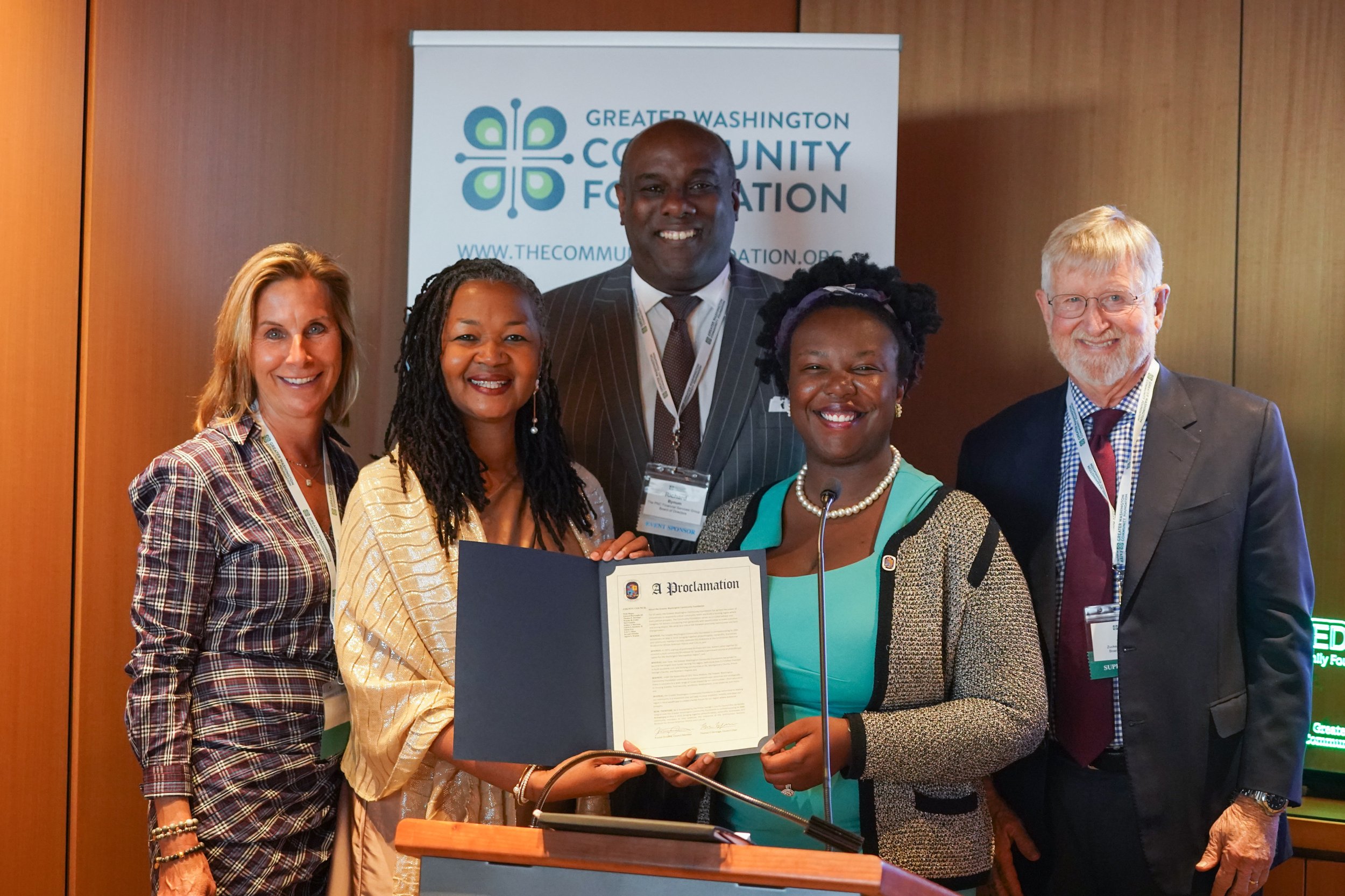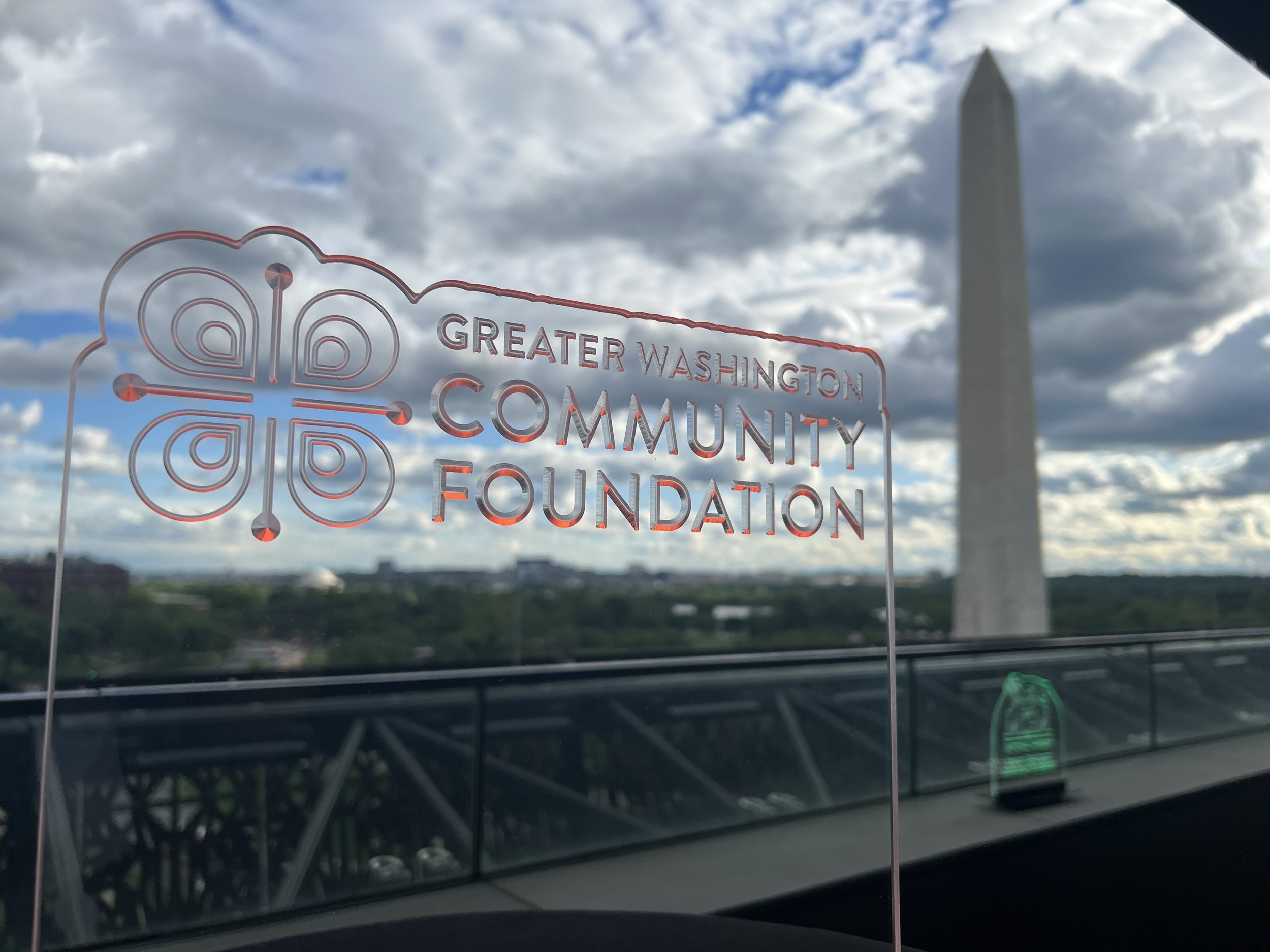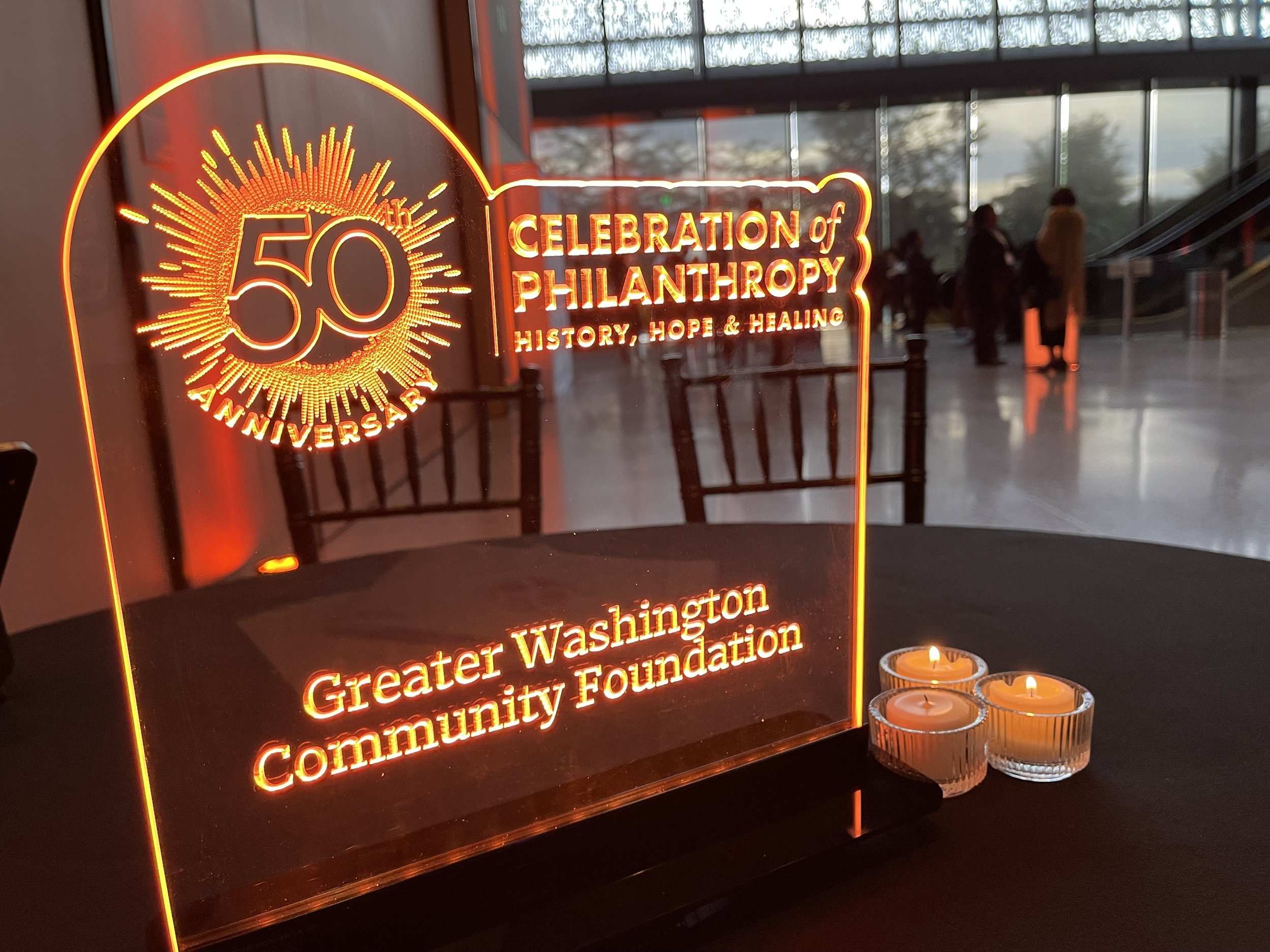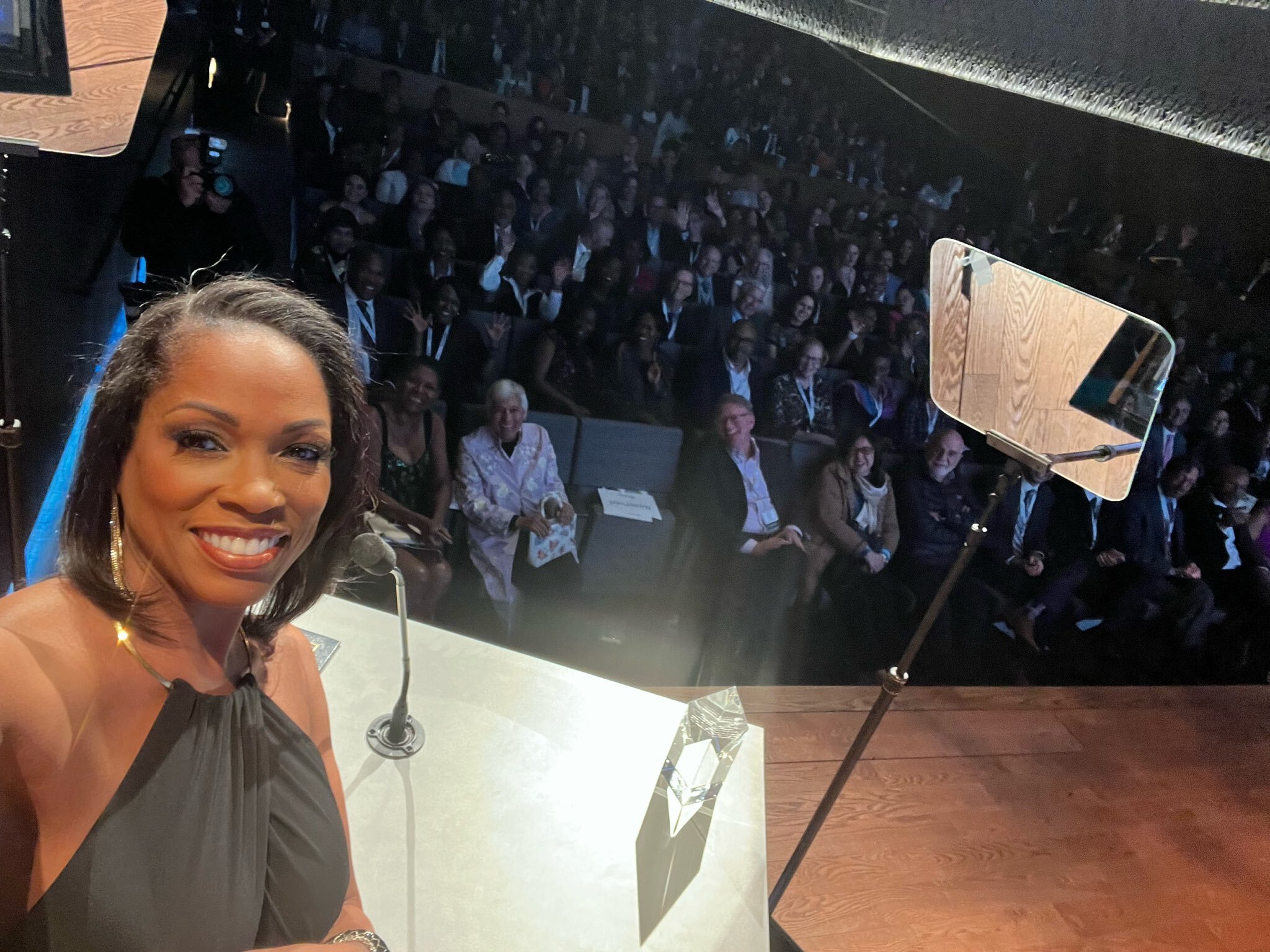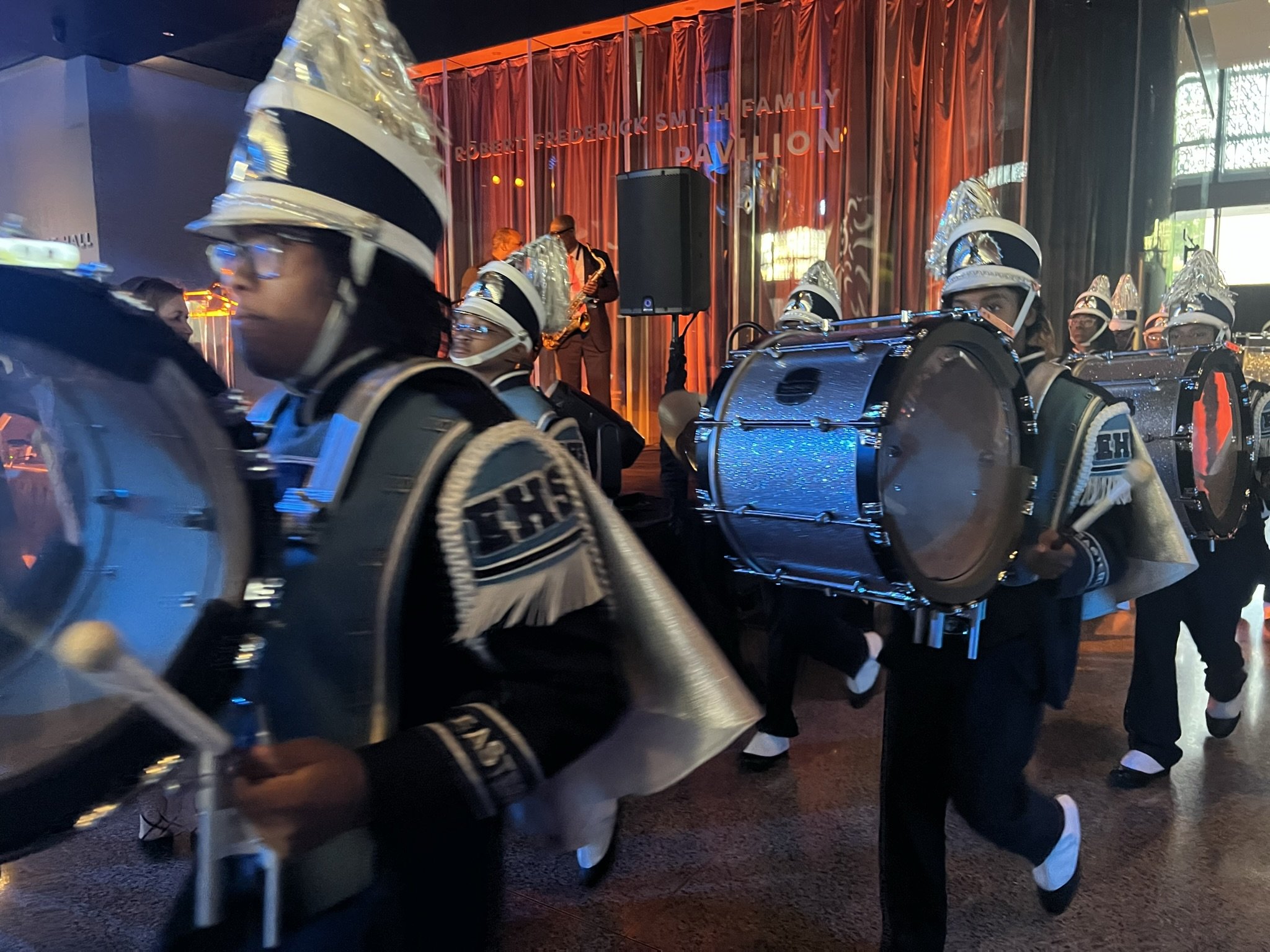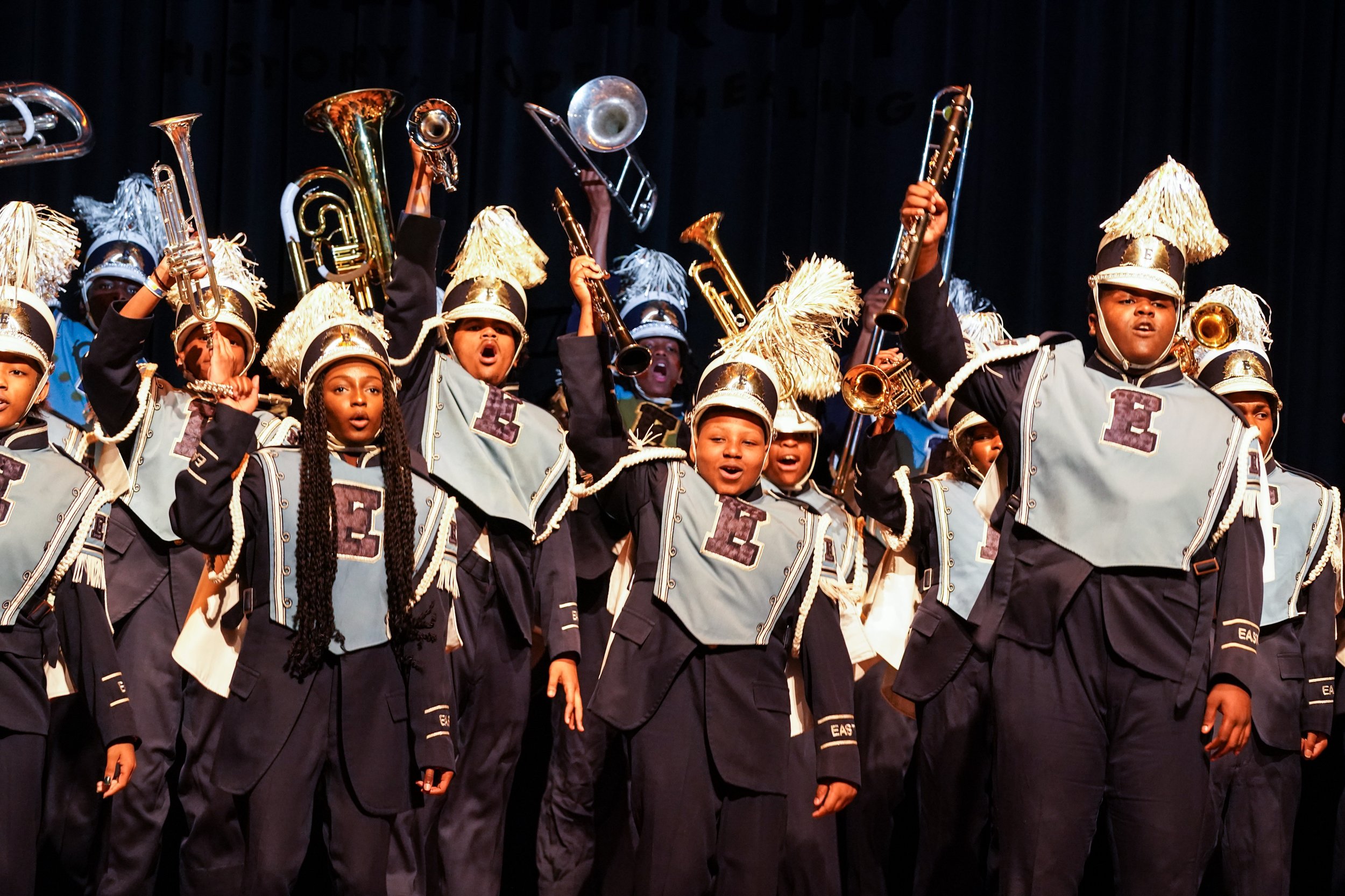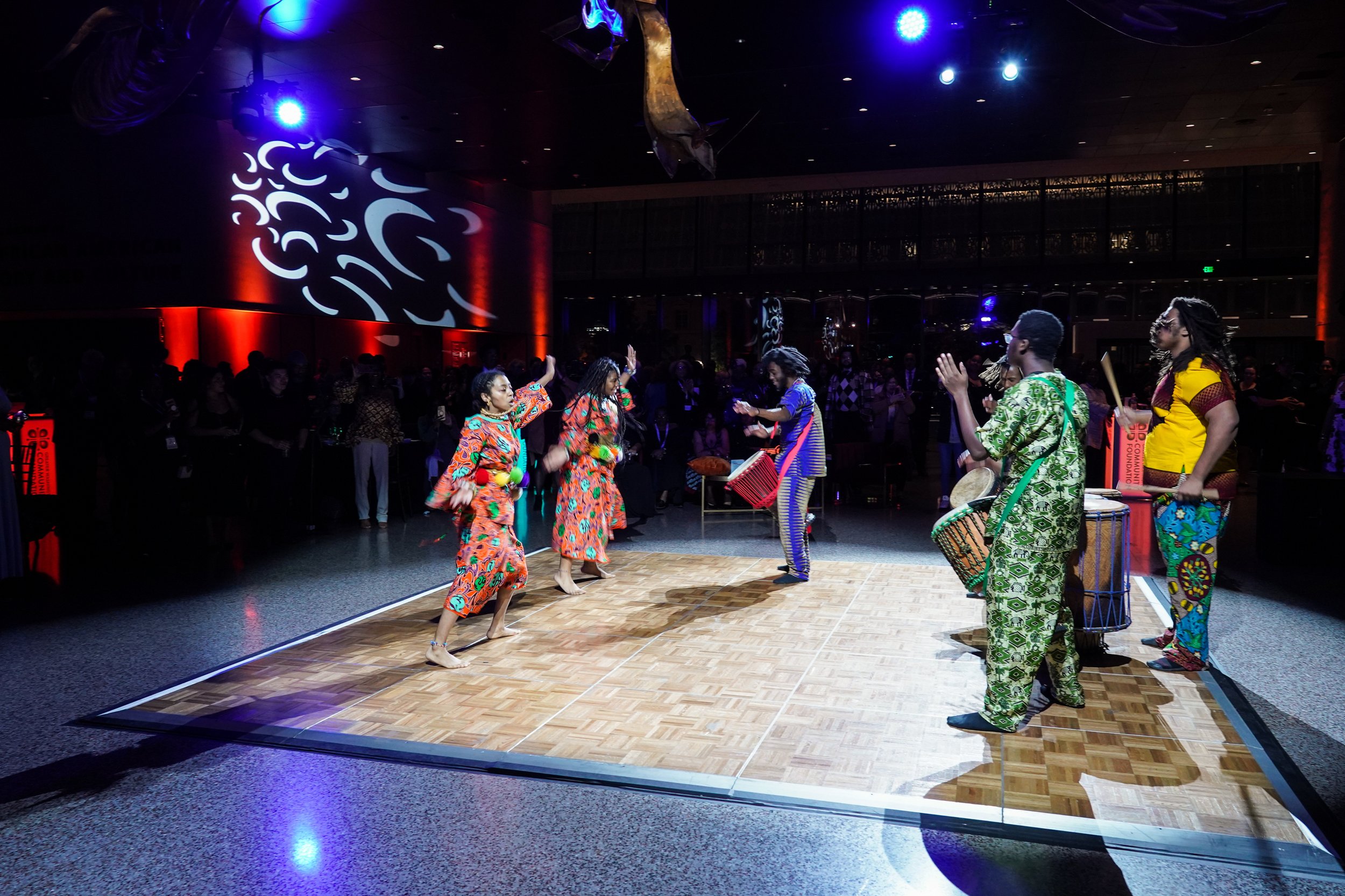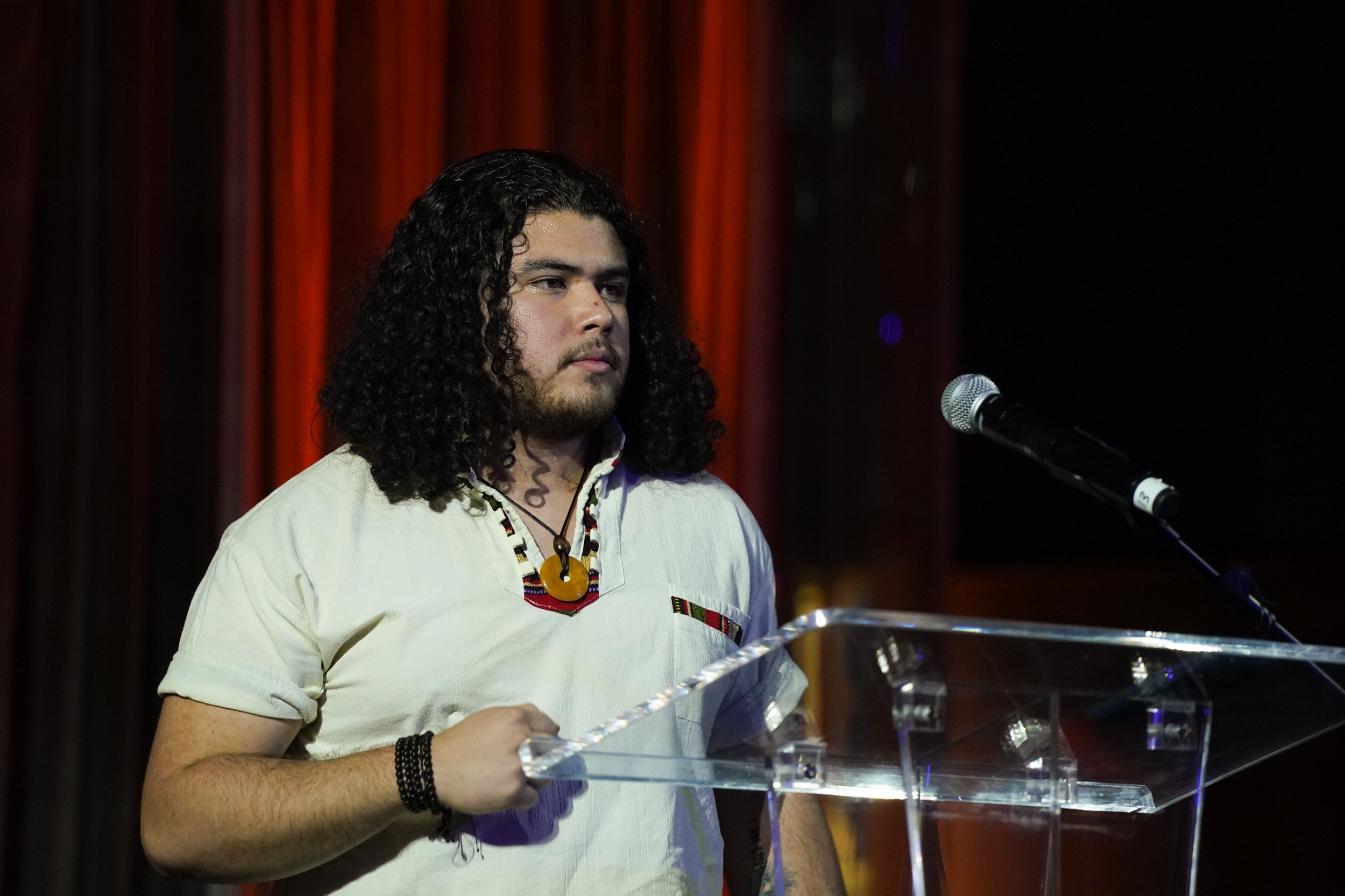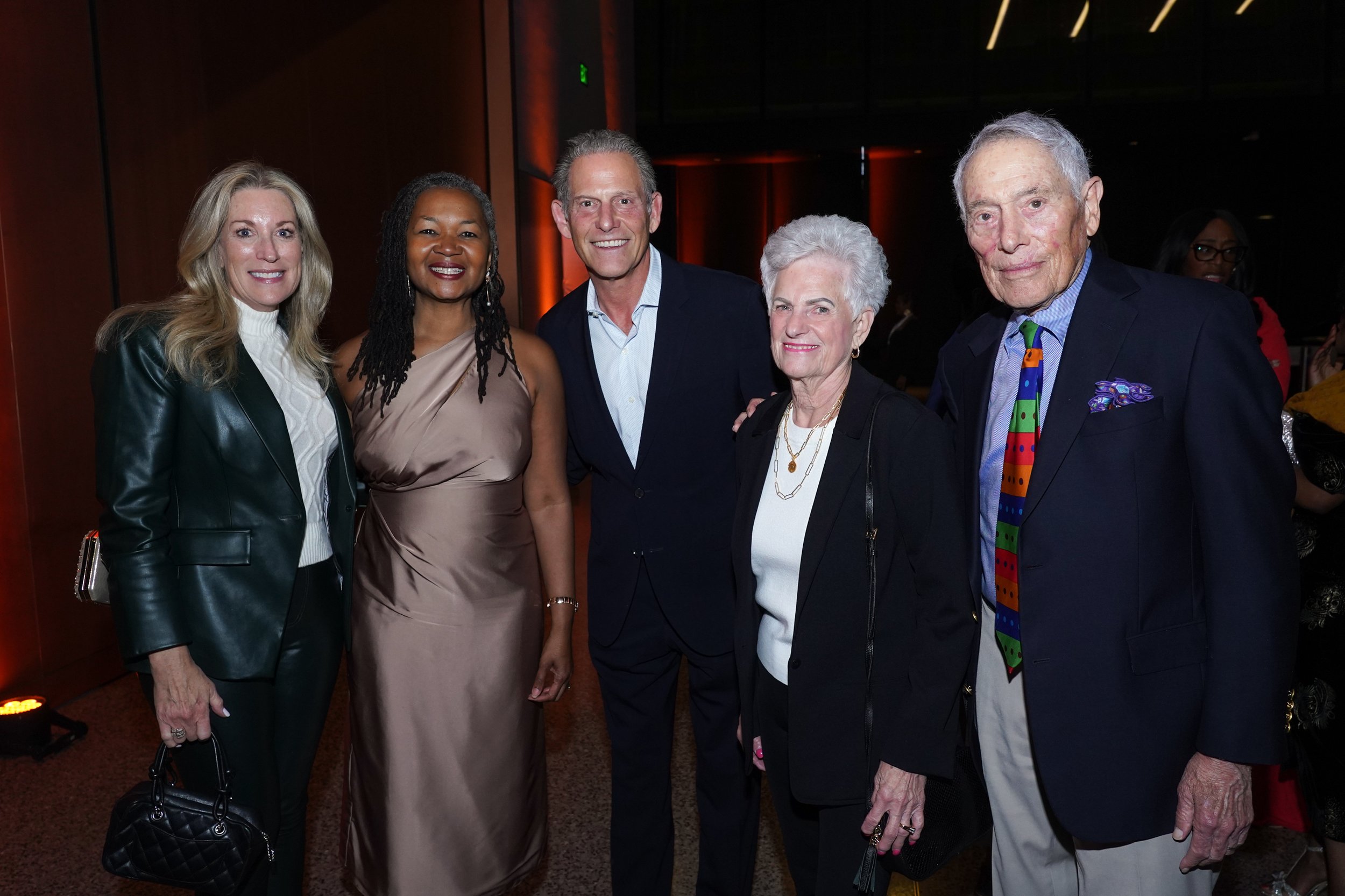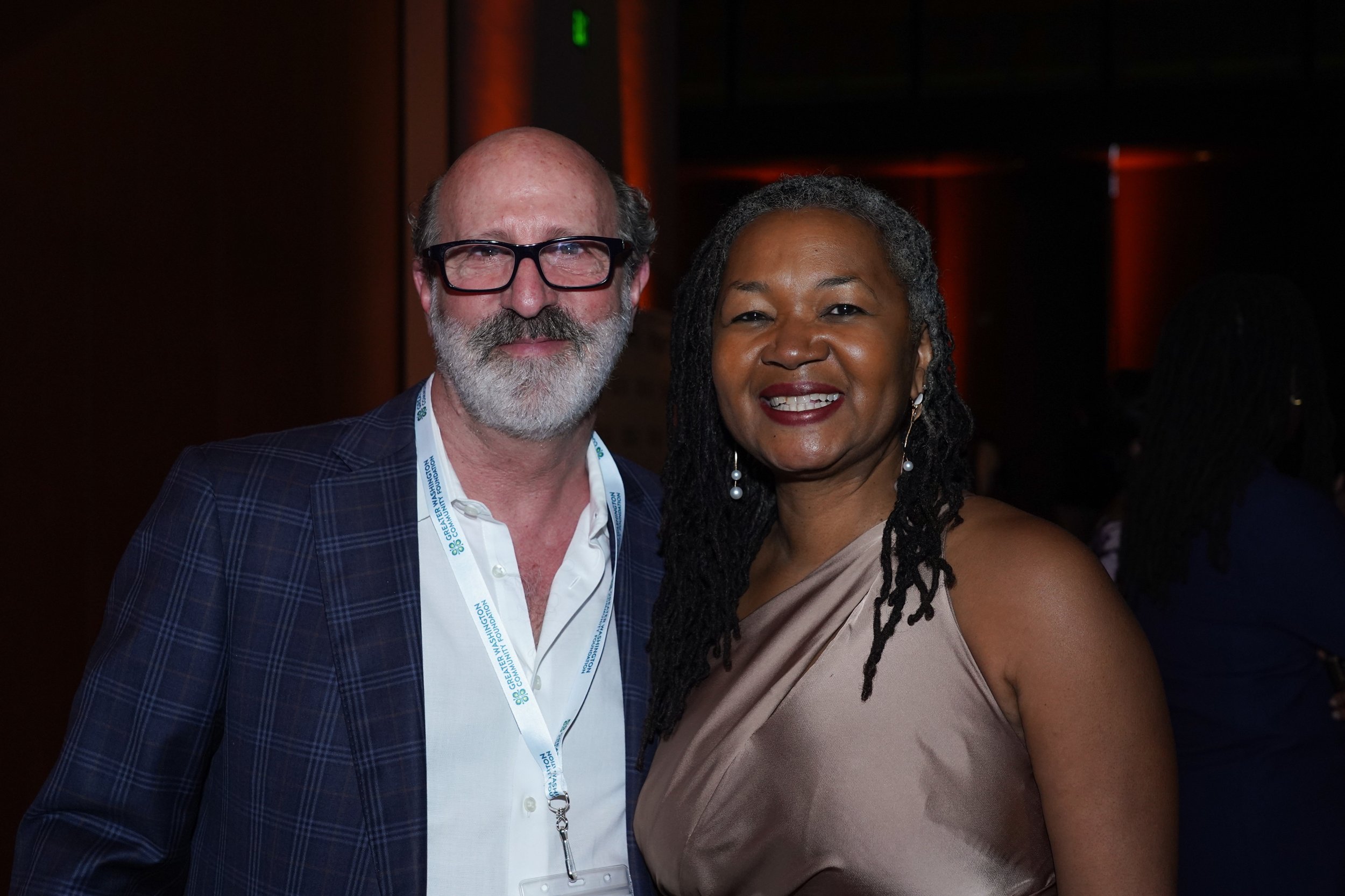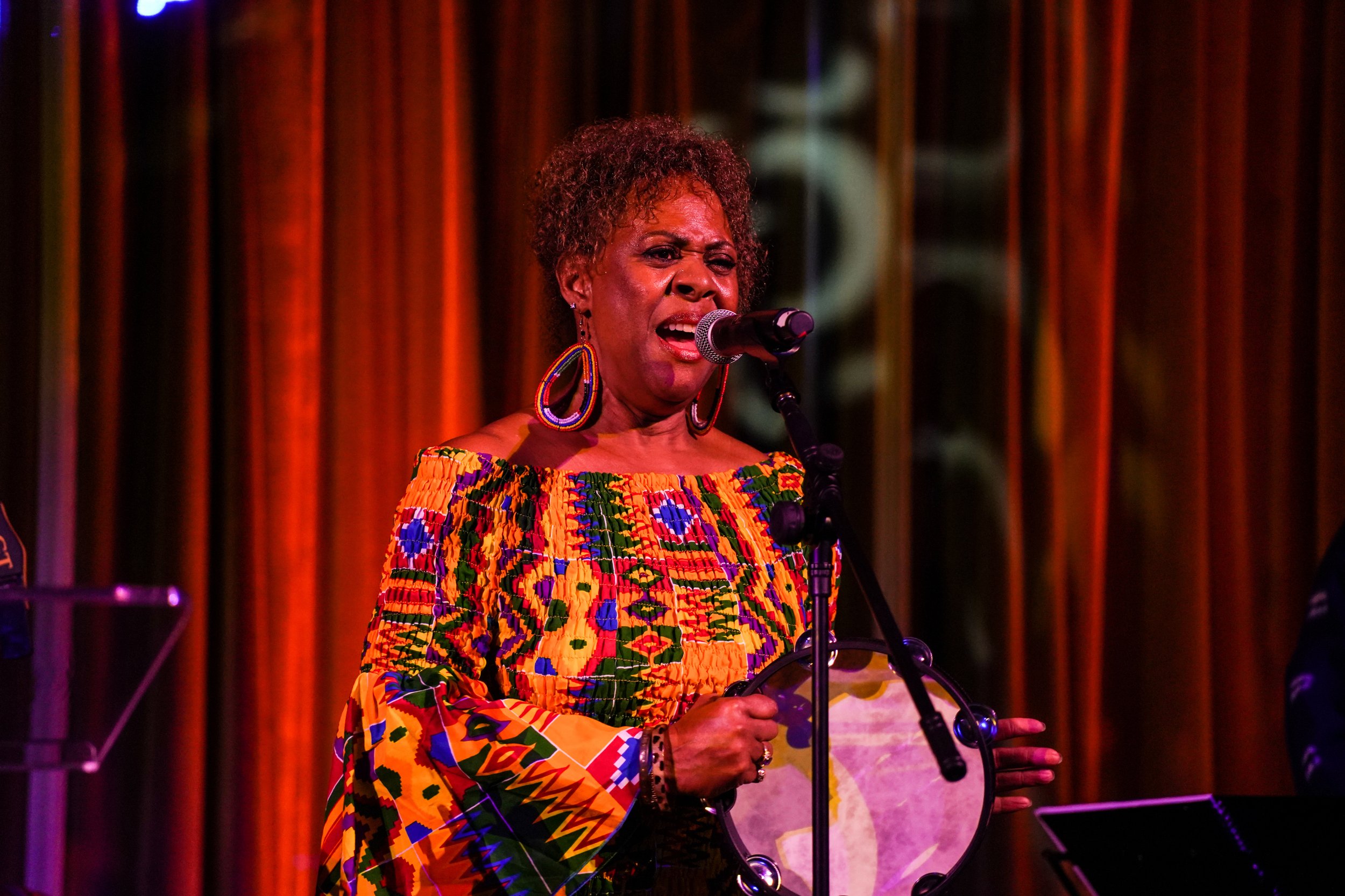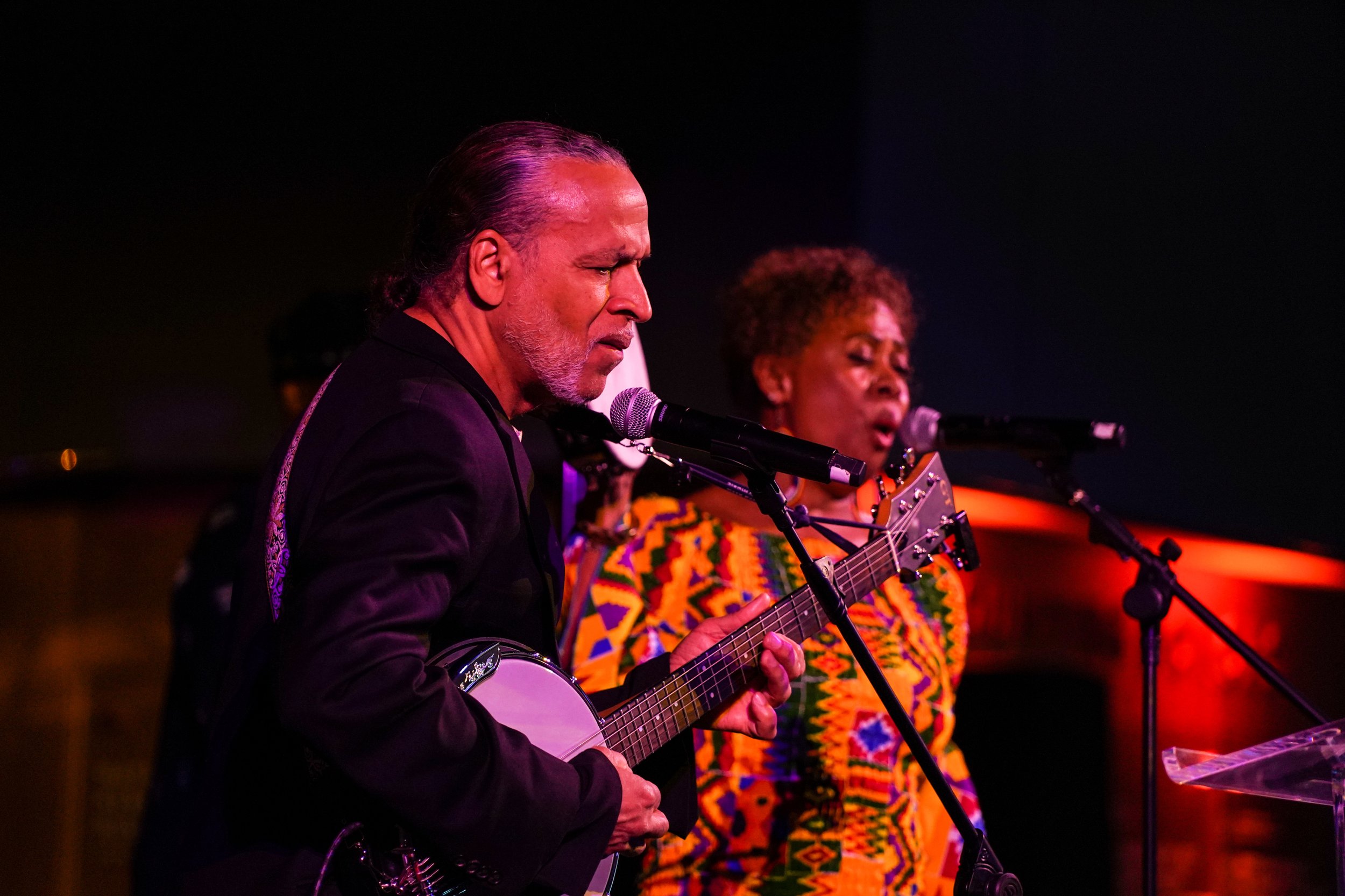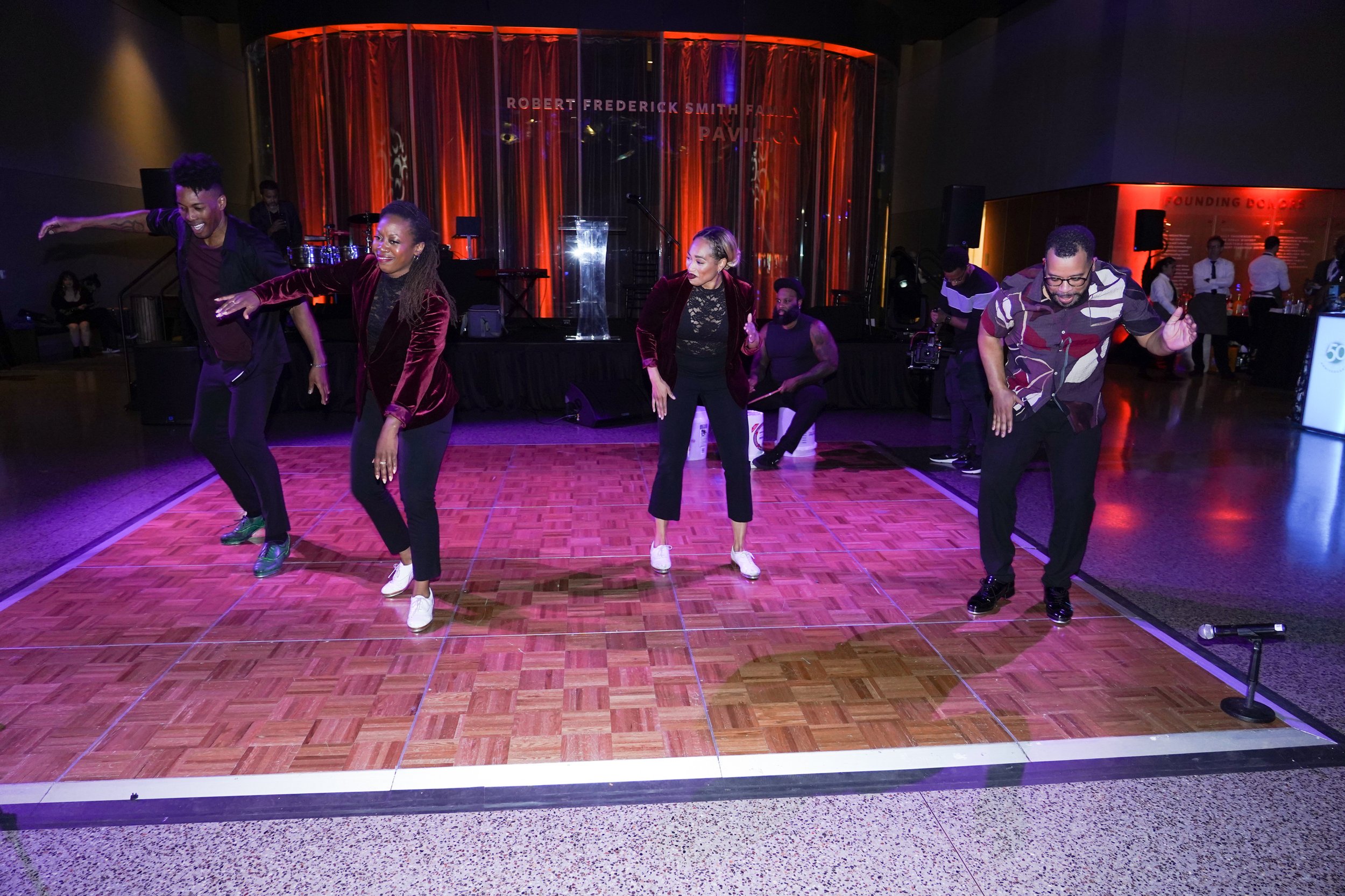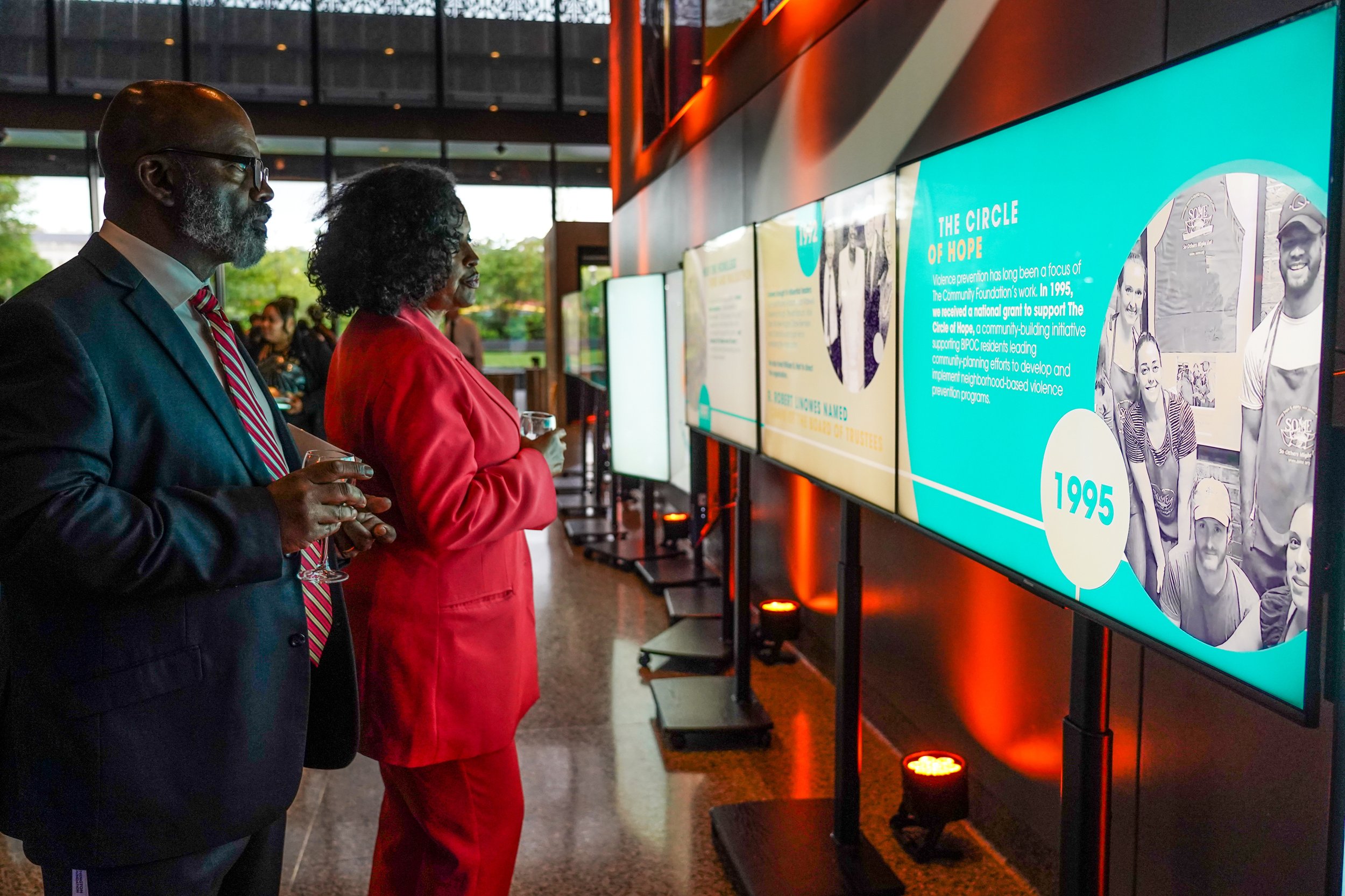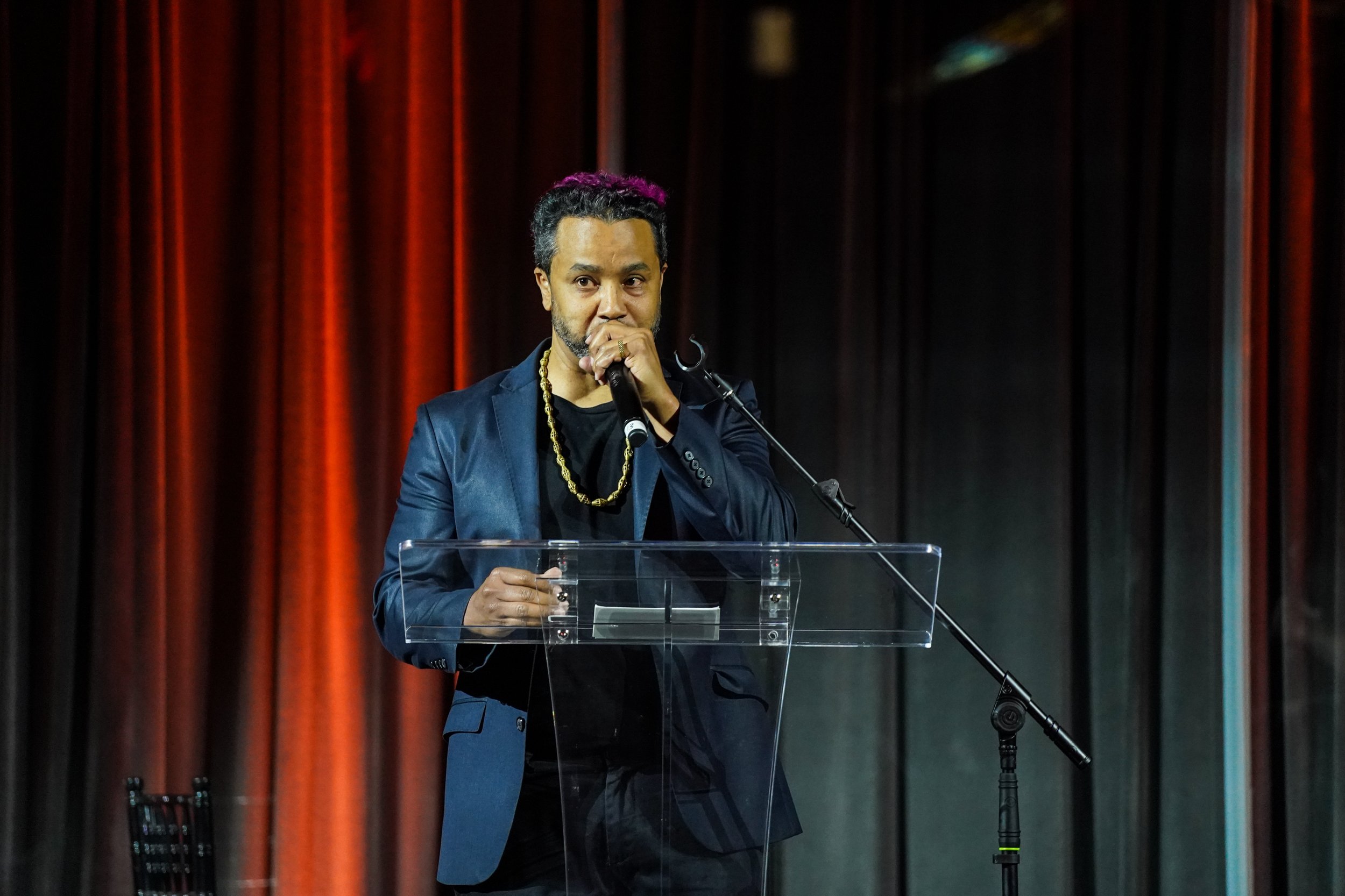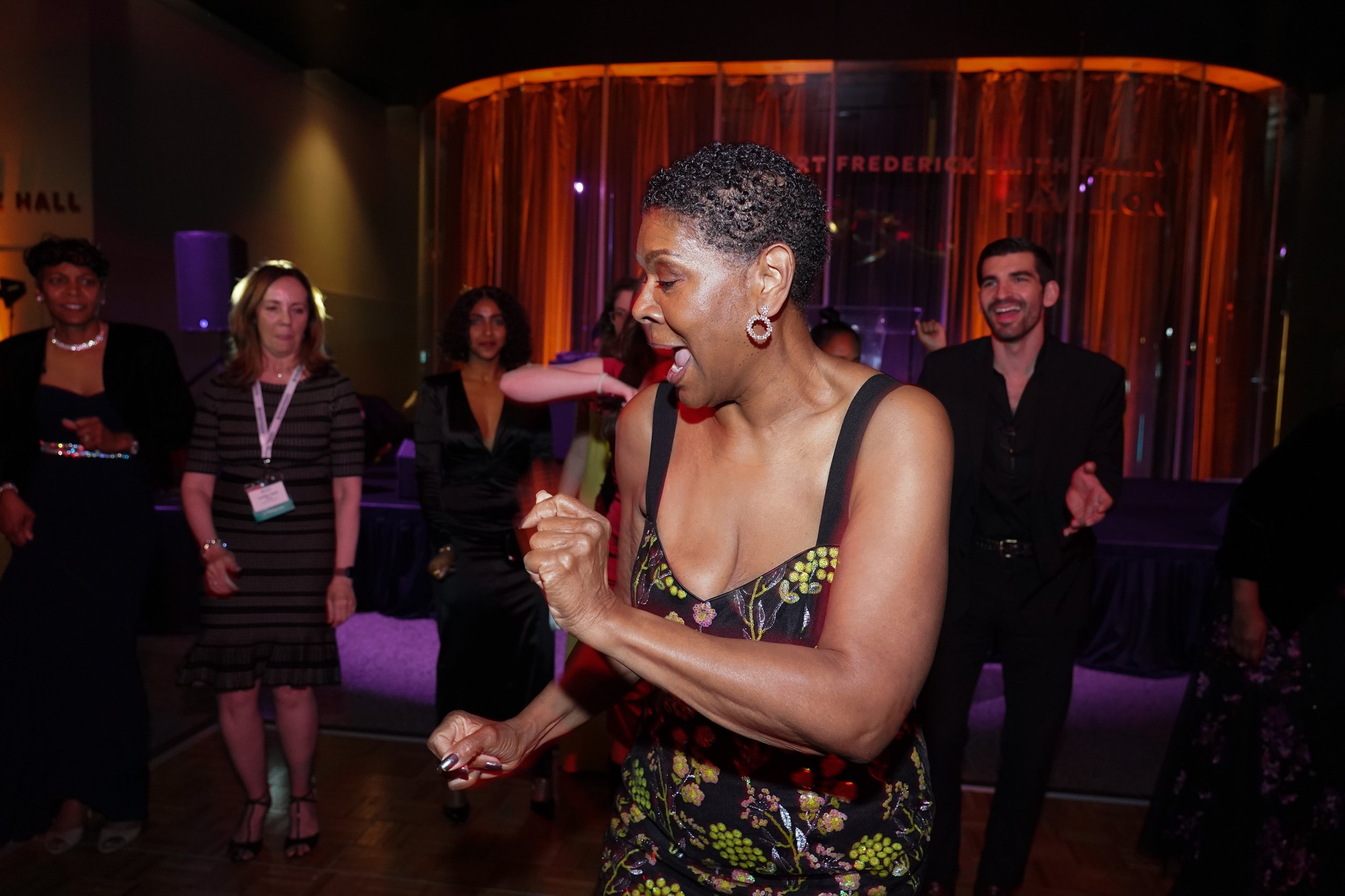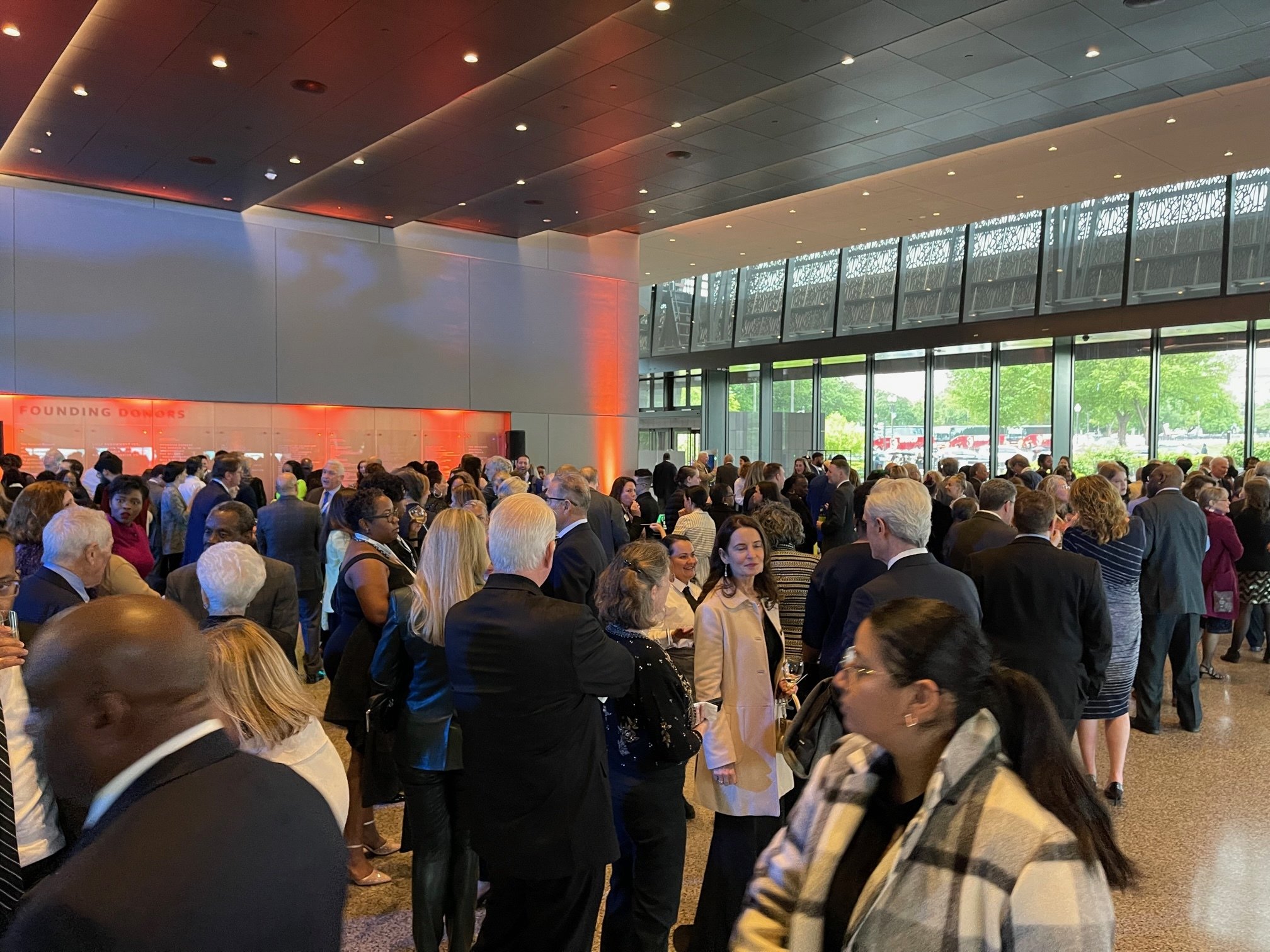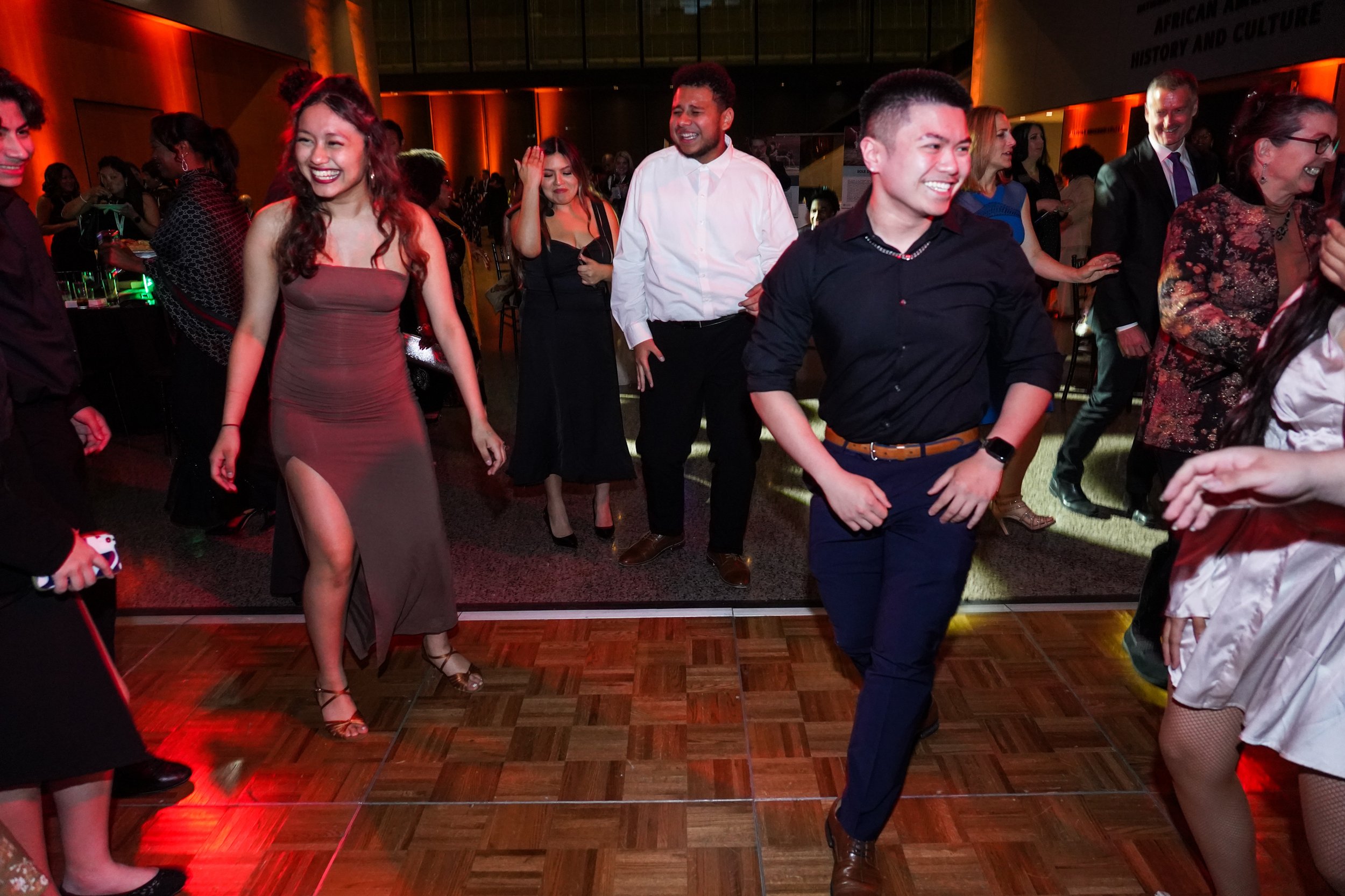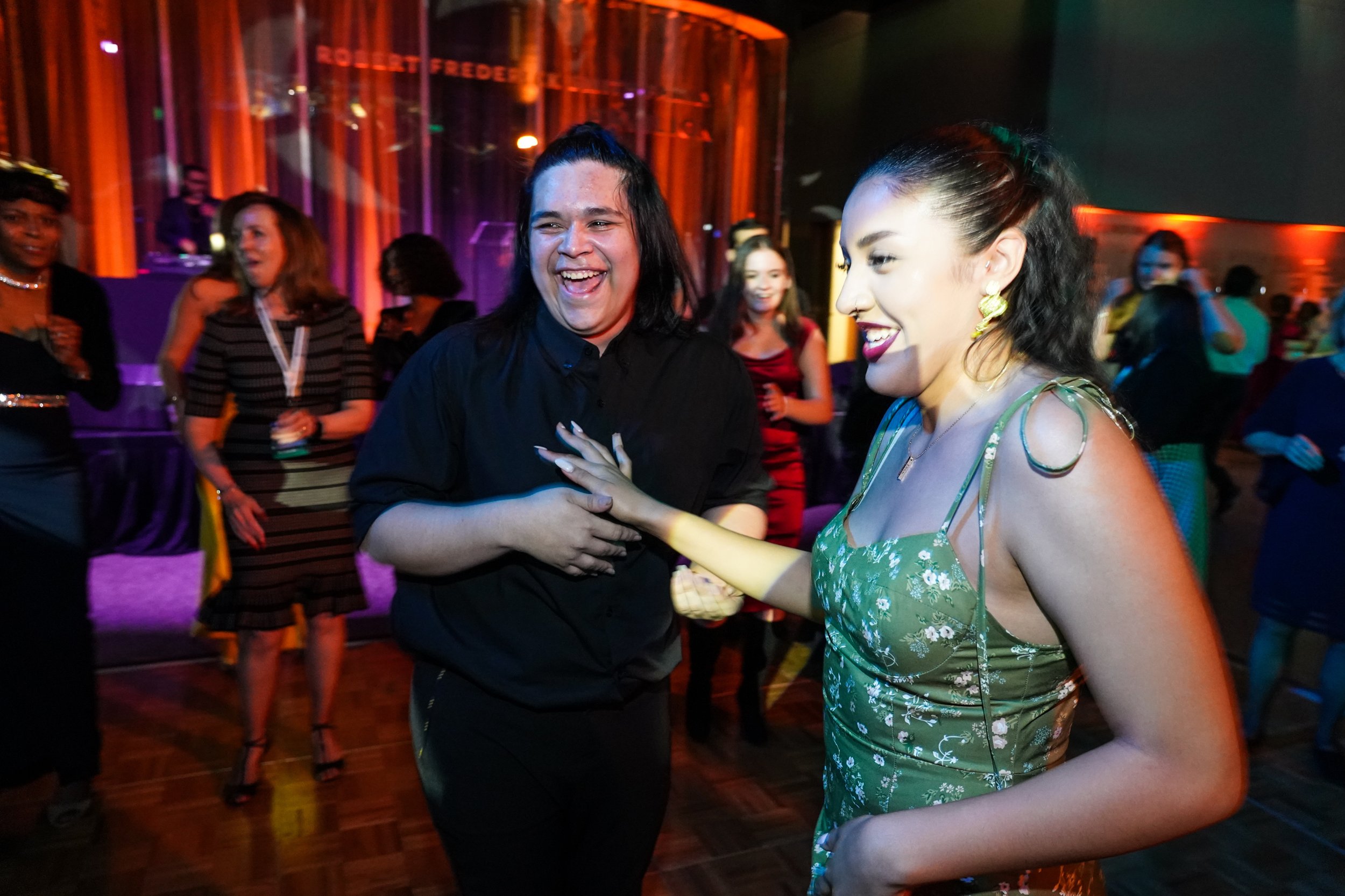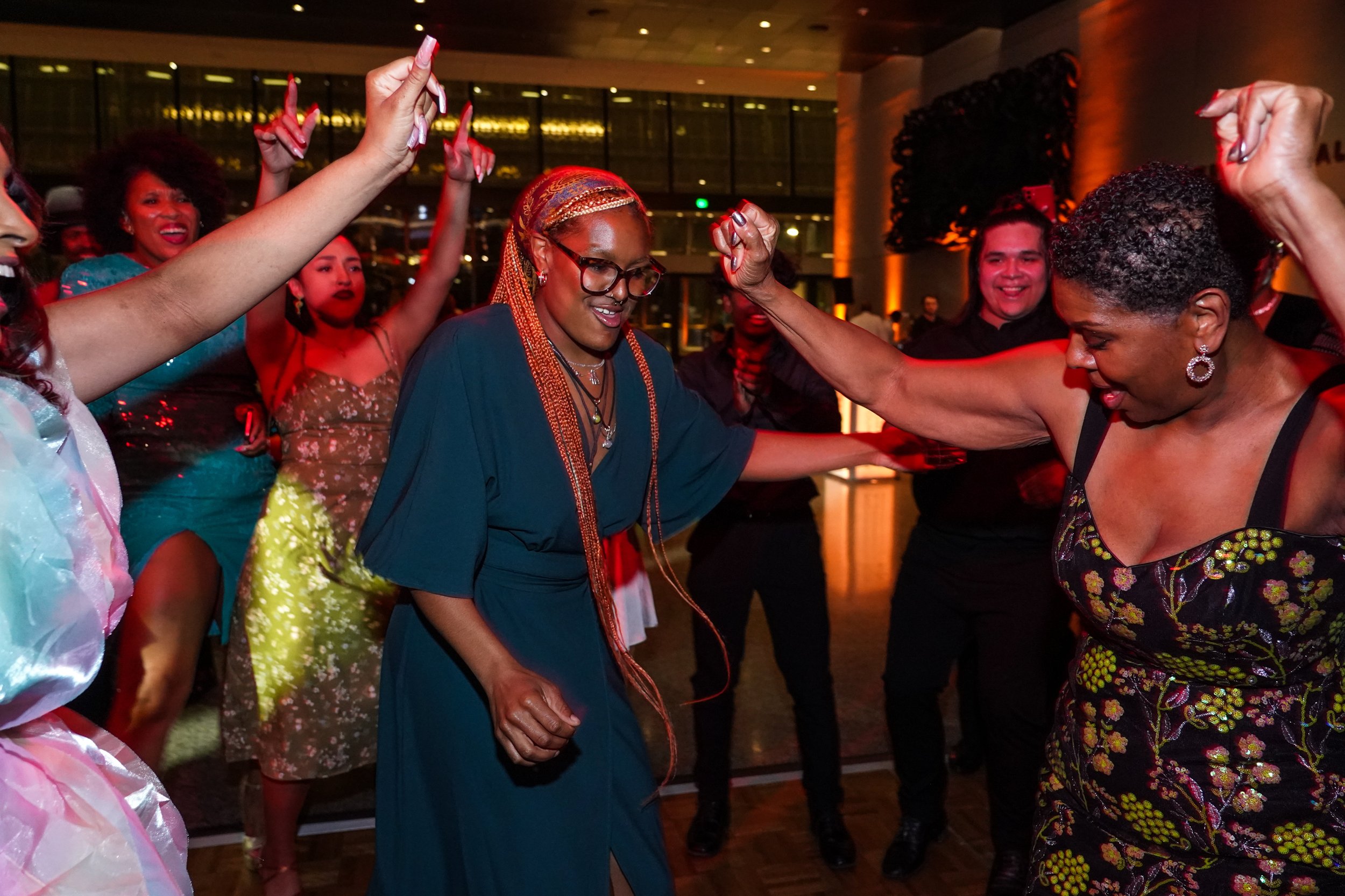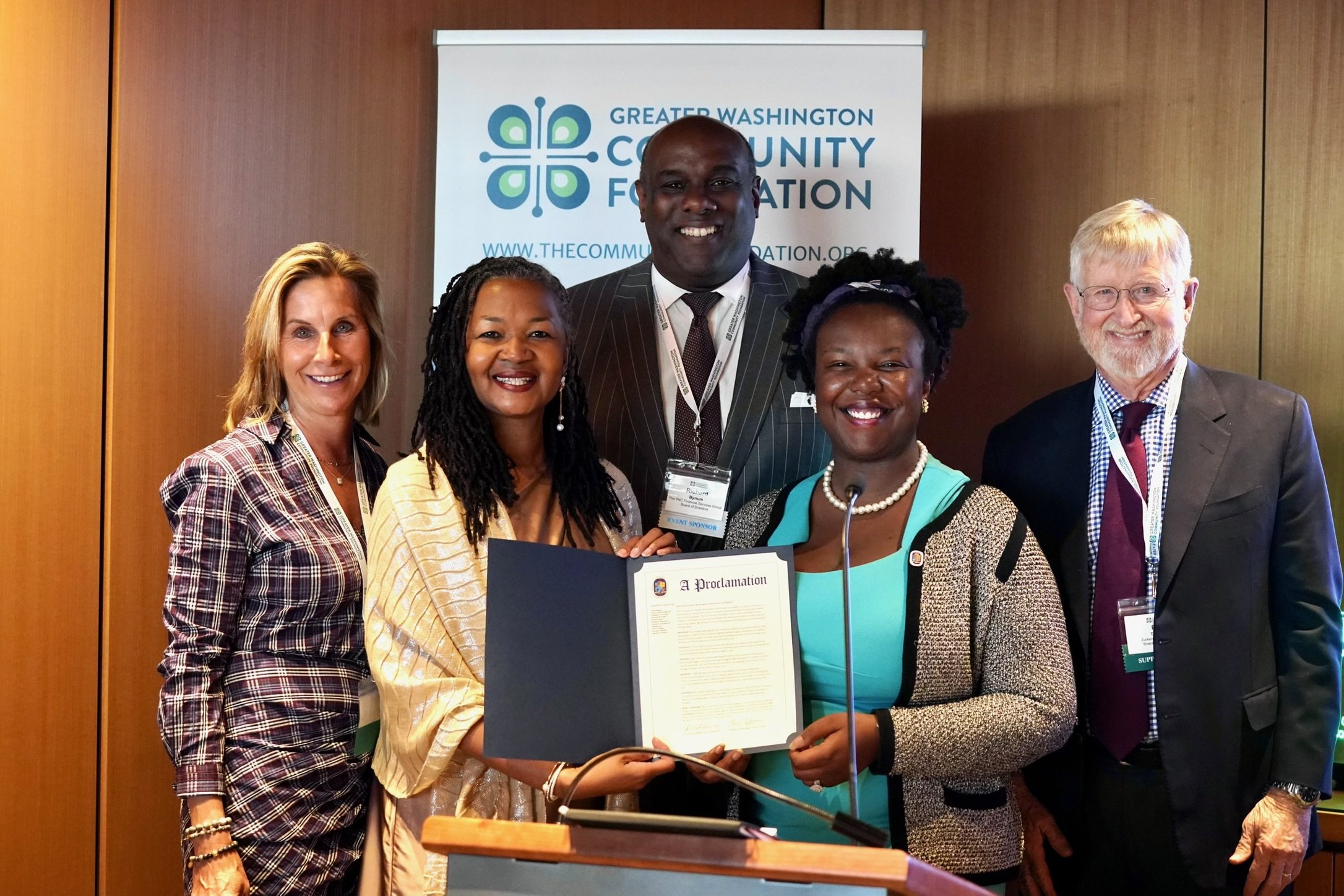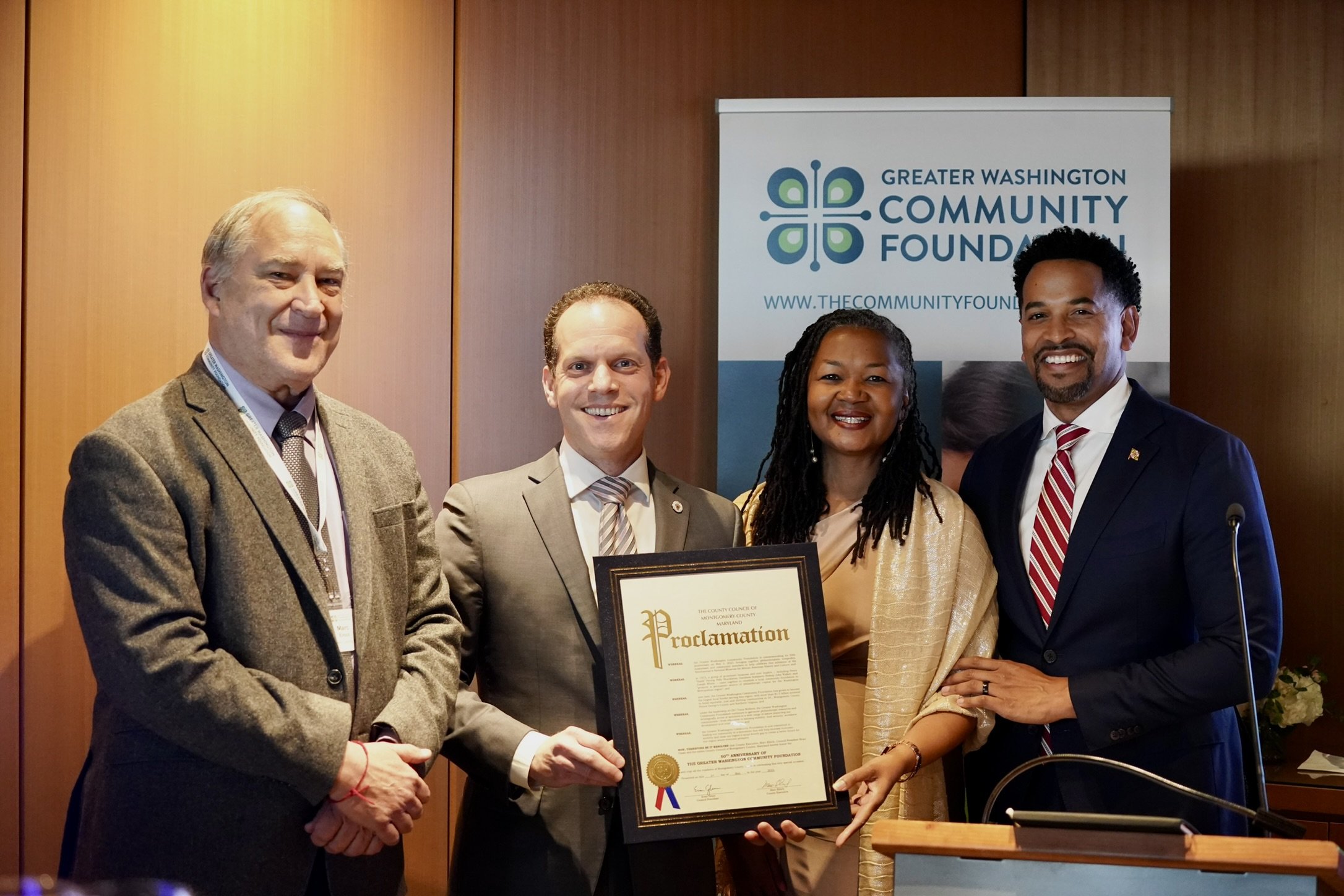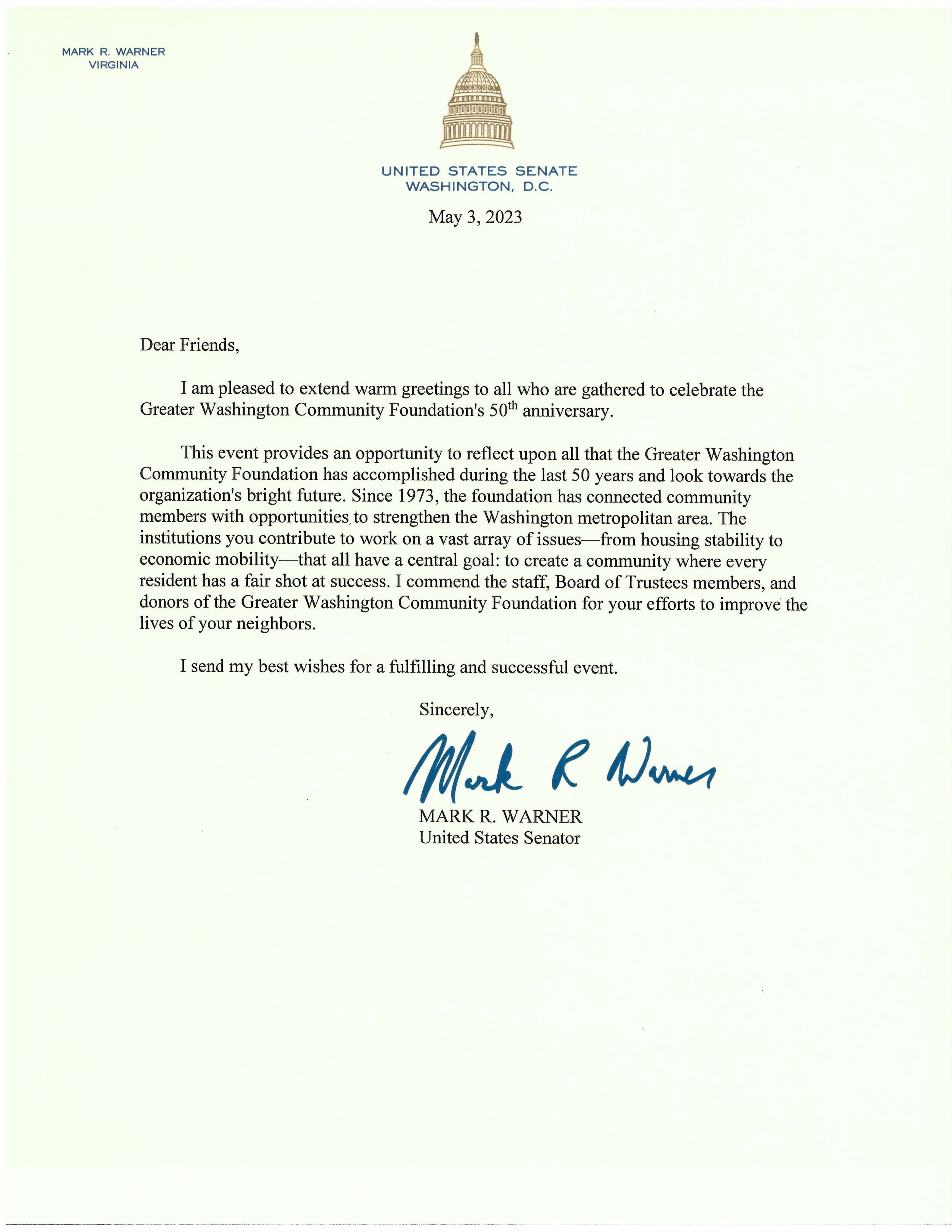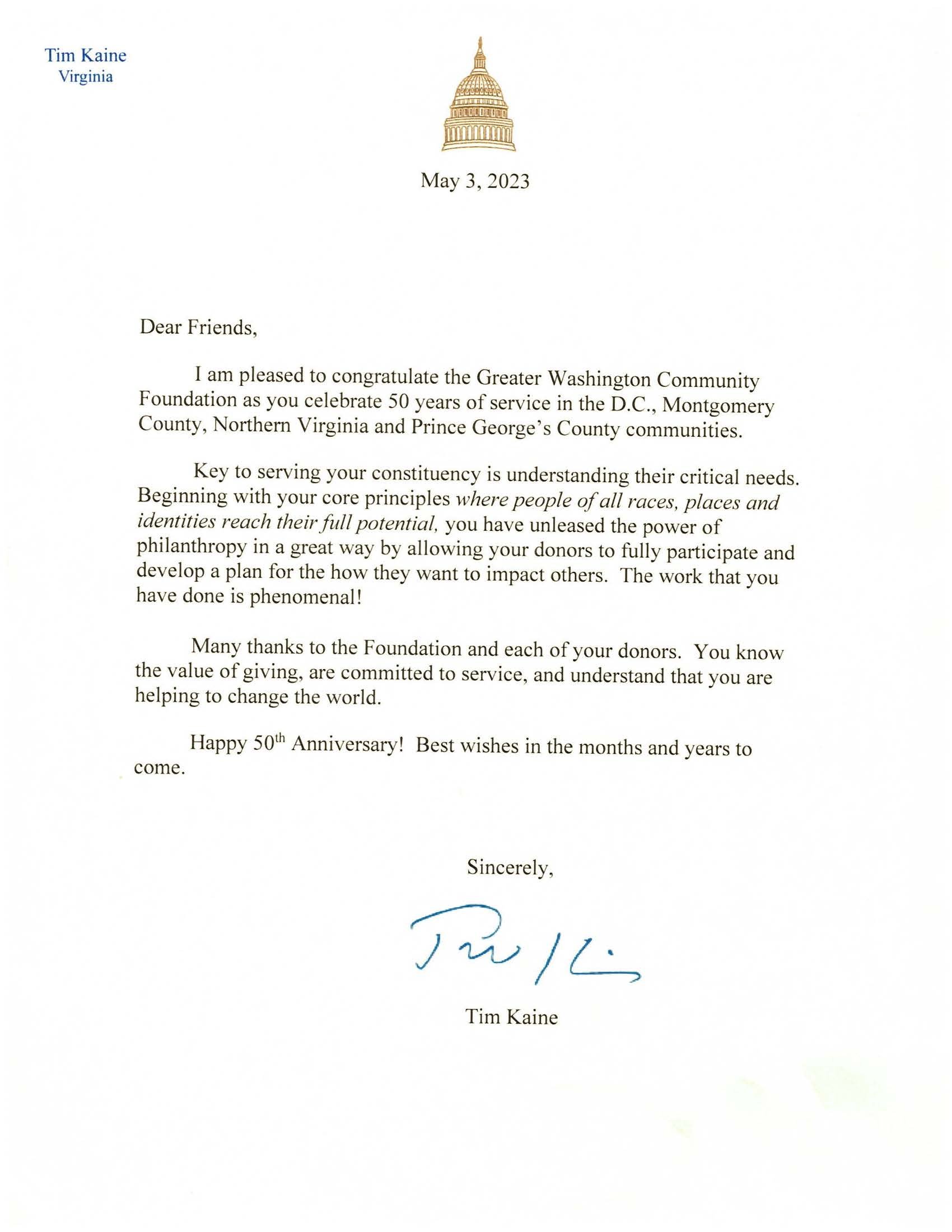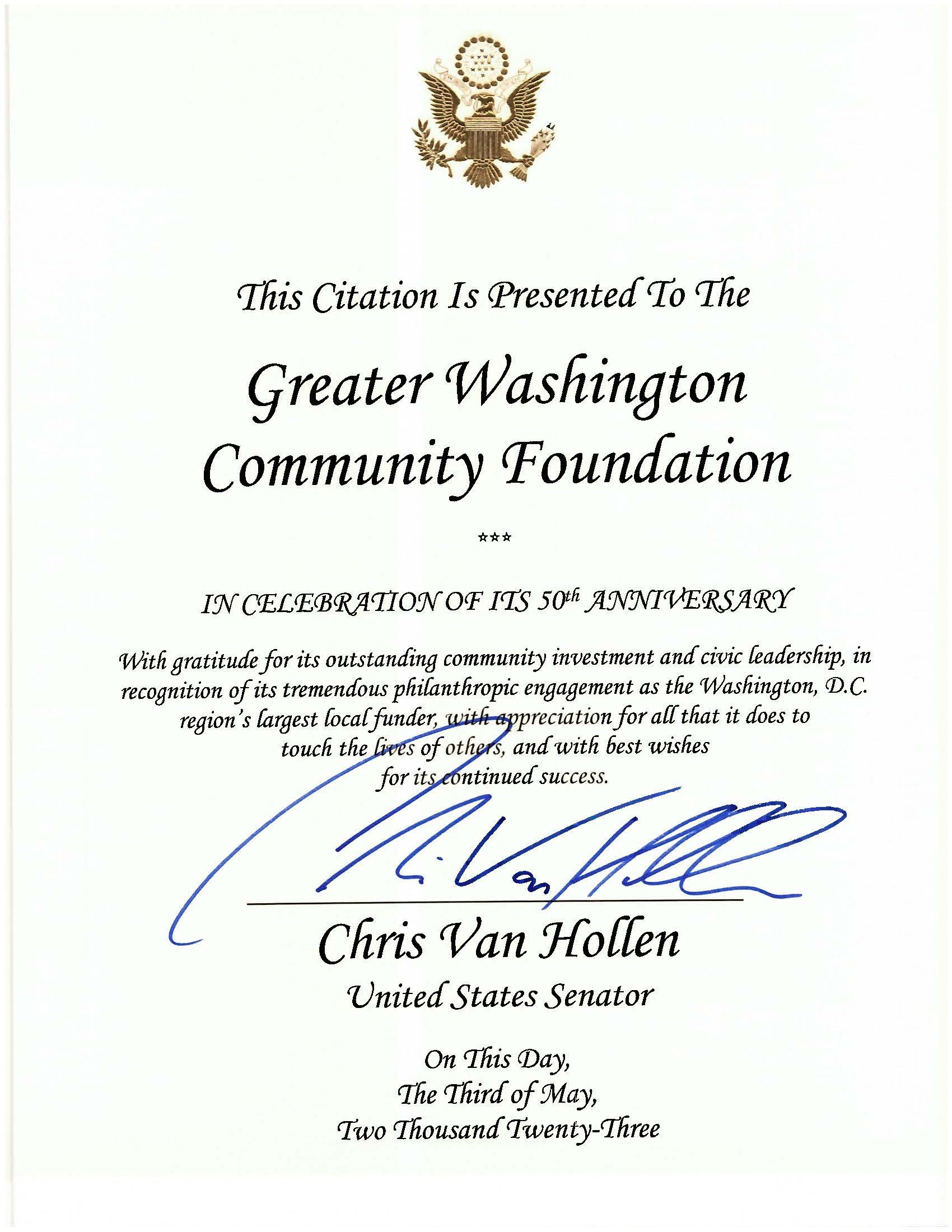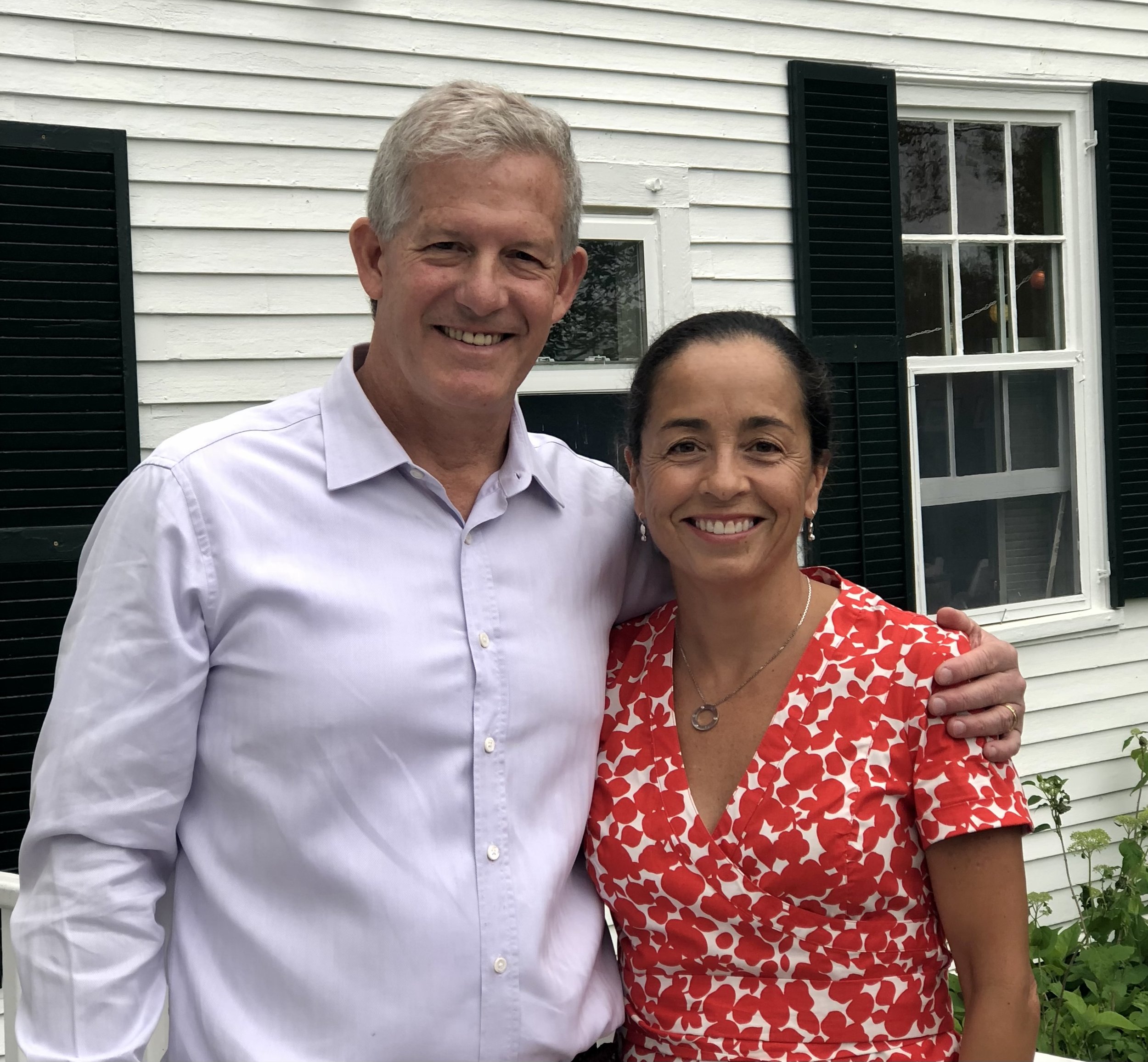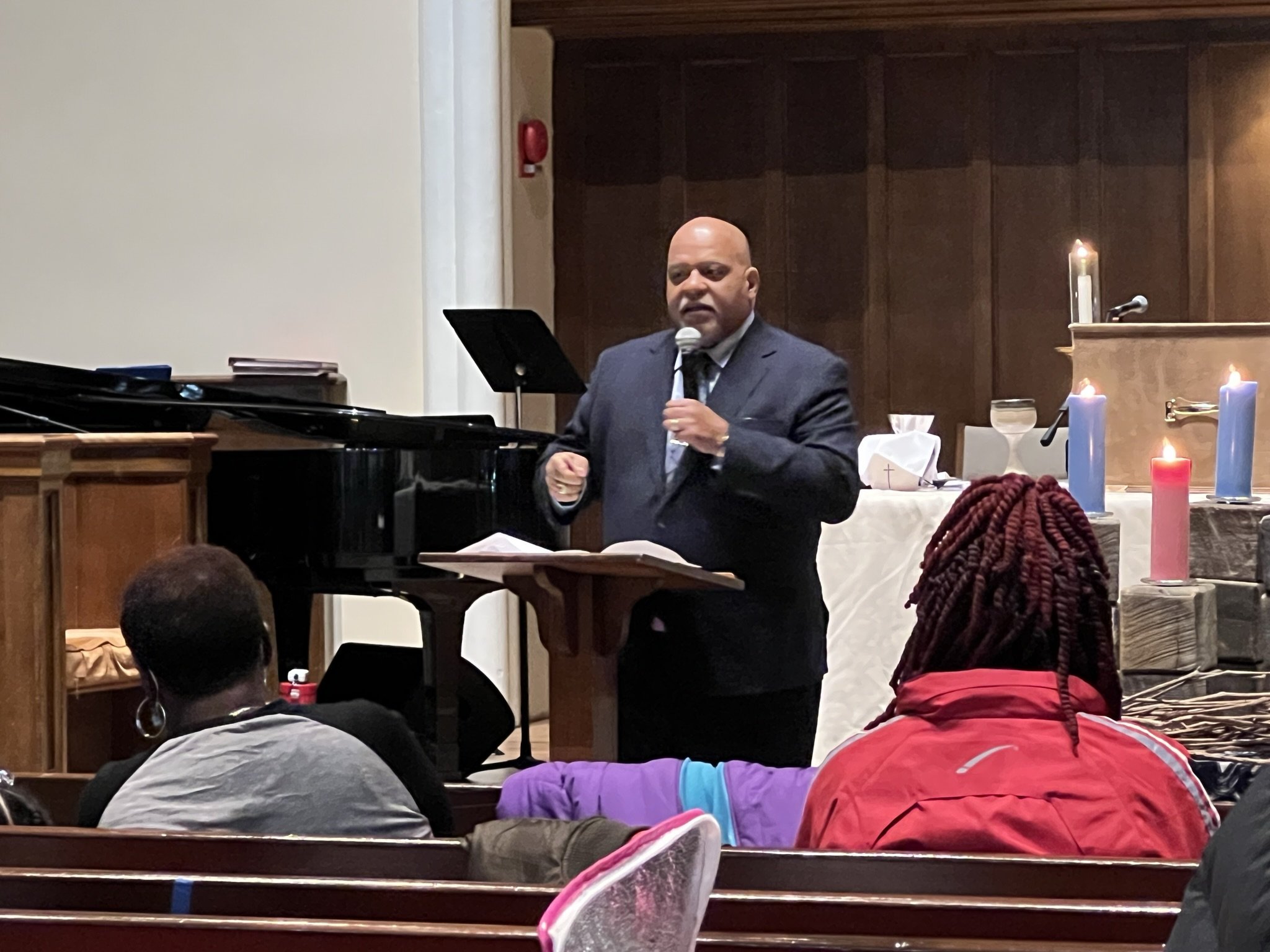By Amy L. Walter
My husband Chuck and I opened our donor-advised fund with The Community Foundation in 2020. At the time, we were eager to learn from The Community Foundation’s insight into local organizations and how they contribute to racial and economic equity. We initially focused on affordable housing and wealth building, which we viewed as foundational to people’s financial and overall well-being. We also participated in The Community Foundation’s Sharing DC program.
In the summer of 2021, our lives, and consequently the focus of our philanthropy, changed. During an after-dinner stroll in DC with our dear, longtime friends, Jerry Black and Cathy Feingold, gunshots rang out, and Jerry was struck and killed.
Cathy, in the midst of this unimaginable loss, focused attention on the gun violence so prevalent in many areas of our city and region. Gun violence in DC and other cities is a devasting problem. Homicides in the District nearly doubled in the four years leading to 2021. In recent years, an increasing number of gun violence victims have been children.
Cathy decided to establish a memorial fund for Jerry benefitting The TraRon Center, an organization providing art therapy and counseling to children affected by gun violence in Ward 8. The culturally responsive services The TraRon Center lovingly provides and the safe, healing space it creates have a demonstrable impact on children’s levels of PTSD.
Inspired by Cathy, I began learning about gun violence – from reading the research to attending panels to meeting with leaders of grassroots organizations. I met regularly with the founders of The TraRon Center and Guns Down Friday – an organization founded by Jawanna Hardy, one of The Community Foundation’s Black Voices for Black Justice DMV Fellows.
Here are some of the things that I learned:
Research from around the country shows that community gun violence is a solvable problem. DC is learning from what works and targeting proven interventions toward the small number of people most likely to commit gun violence.
·Solving this problem is as much about racial equity and economic mobility as about safety and well-being. Black people are disproportionately the victims of gun violence in urban areas, and the communities affected by gun violence face significant adverse economic and educational consequences.
In DC, there is momentum on this issue. For many years, community-based organizations (CBOs) with deep knowledge of the people and communities most affected have been working tirelessly to address this problem. More recently, the media are shining a spotlight on it, residents are demanding action, and the DC government is allocating greater resources to those doing this critical work.
This research led me to the Peace for DC Fund – a component fund at The Community Foundation that is playing a leading role in moving the District forward. Since its founding in 2021, Peace for DC has brought together CBOs, researchers, and the government to collaborate in solving the problem of gun violence. It has educated the public on proven solutions and supported the development of the District’s Gun Violence Reduction Strategic Plan. It has delivered financial and technical support to CBOs closest to the ground – all with the goal of reducing homicides in DC by 60 percent over five years.
In 2022, Peace for DC took the important step of launching the DC Peace Academy, grounded in the best practice of providing high-quality training to Community Violence Intervention (CVI) workers. These CVI workers put themselves at risk by connecting with the hardest-to-reach individuals, who are most likely to commit gun violence, so they choose another path. The Peace Academy gives CVI workers affiliated with different organizations the chance to learn from and support one another. In December 2022, Chuck and I were fortunate to attend the DC Peace Academy’s second cohort graduation ceremony, which we found deeply moving and inspiring.
Based on our strong belief in Peace for DC, Chuck and I have made a five-year financial commitment to support the powerful work they do. By contributing to Peace for DC, we not only help to heal and support people affected by gun violence; we help prevent gun violence-related deaths from ever occurring – a prospect that gives us hope for a safer future. We encourage you to learn more about Peace for DC’s visionary work in moving toward a District free from gun violence.
Amy L. Walter is an education professional with 20 years of experience combining classroom teaching, policy work, and nonprofit strategic planning and investment, in the U.S. and overseas. She and her husband, Chuck Szymanski, live in Washington, DC with their teenage daughter. For more information about the Peace for DC Fund, visit https://www.peacefordc.org/



